Dan Kemp ’58
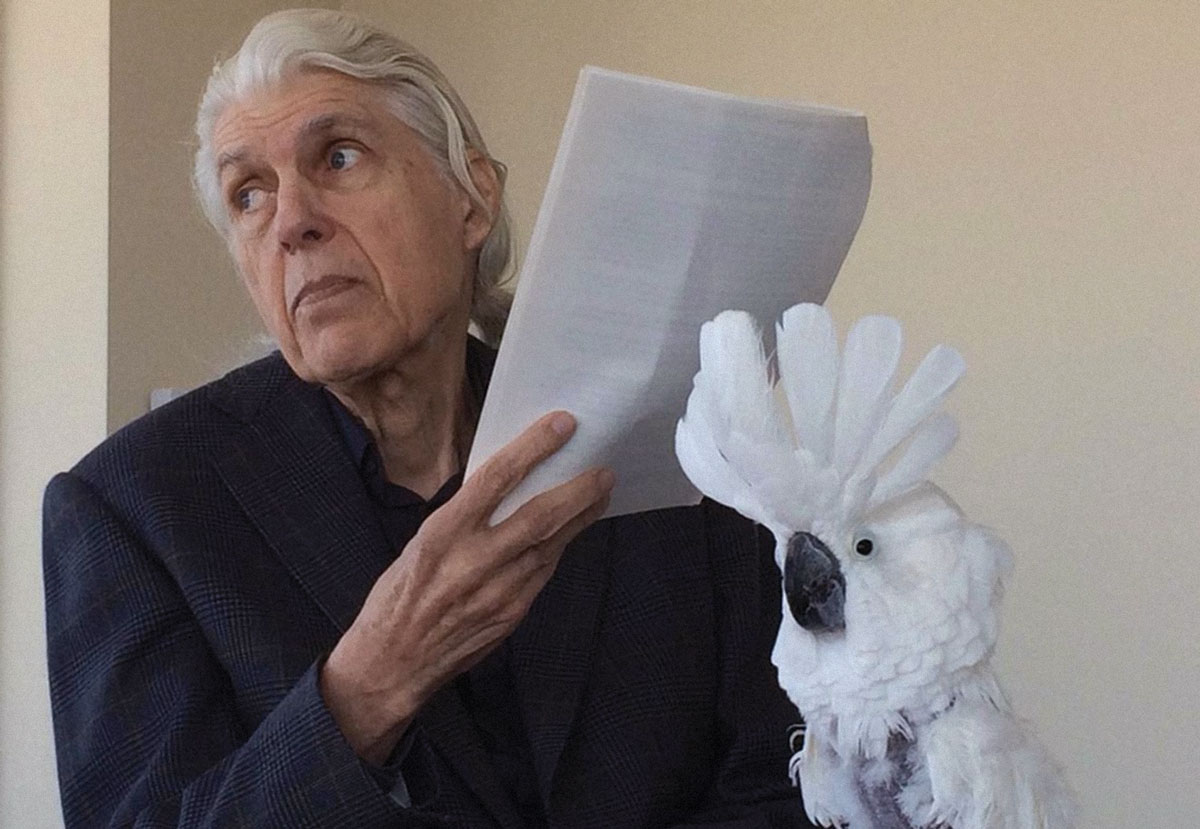
May 2, 2020, in Concord, Massachusetts, from COVID-19.
In a career that spanned nearly five decades, Dan Kemp ’58, emeritus professor at Massachusetts Institute of Technology, made seminal contributions to several fields of chemistry—including a couple that he invented.
Initially focusing on organic chemistry, he made a series of significant discoveries, which were named Kemp’s triacid, Kemp elimination, Kemp decarboxylation, and so on. In the second half of his career, he switched his interests to protein biochemistry and rewrote the rules governing protein folding and stability. He was credited with founding the fields of templated peptide ligation and nucleated helices and sheets. He also authored more than 150 scientific papers, wrote an influential textbook on organic chemistry, and inspired generations of researchers.
Daniel Schaeffer Kemp was born in Portland, Oregon and grew up in Missoula, Montana, where he graduated with honors from Missoula County High School. Having discovered his love for chemistry (and the performing arts) early on, he enrolled at Reed, majoring in chemistry. He wrote his thesis, “A Preliminary Investigation of Two Reactions of Divalent Chromium,” with Prof. Arthur Scott [chemistry 1923–79].
Awarded a National Science Foundation fellowship, Dan enrolled for his doctoral studies at Harvard University with Nobel Prize–chemist Robert Burns Woodward, one of the preeminent synthetic organic chemists of the 20th century. Upon earning his PhD, Dan was elected to the Harvard Society of Fellows and then began his career at MIT.
For more than three decades, Dan researched the synthesis and structure of polypeptides, and was among the first to use small organic molecules as “scaffolds” to simplify and emulate the bioactive forms of peptides. In 1975, he advanced an orthogonal protecting strategy, in which protecting groups in peptide synthesis could be chemoselectively removed by light, oxidation, reduction, and solvolysis under neutral conditions. He contributed greatly to the field of peptide chemistry through numerous innovative experiments that led to understanding fundamental aspects of protein folding.
A passionate teacher and mentor, Dan influenced the lives of thousands of students and mentored many who have gone on to become leaders in academia and industry. He always considered that he was working with associates and students, rather than that they were working for him. He twice won the MIT award for undergraduate teaching, the E. M. Baker Award, and also received the MIT School of Science teaching award.
One of his former students was Reed trustee Nick Galakatos ’79. As a chemistry student at Reed, Nick asked Professors John Hancock [chemistry 1955–89] and Marsh Cronyn ’40 [chemistry 1952–89] for names of well-known chemistry professors with a connection to Reed and did a summer internship with Dan while he was working on his Organic Chemistry textbook—a book Nick used when he taught organic chemistry at Reed in 1984.
“Dan laid down the foundation for my love of research that summer before my senior year at Reed and mentored me throughout my PhD and beyond,” Nick said. “Nothing like having a Reedie mentor another Reedie! He had a deep intellectual curiosity and took great joy in being a de novo thinker, coming up with a principle from scratch.”
Professor Murray Biggs was at MIT for 10 years; there, he founded and was the first director of the MIT Shakespeare Ensemble. Dan sat on and finally chaired the faculty steering committee for the ensemble. Biggs remembered that in addition to his dedication to the spirit of the ensemble and its need for institute recognition, Dan was thrilled to be cast in a production of The Winter’s Tale. In a scene that ends with Shakespeare’s most famous stage direction, “Exit, pursued by a bear,” Dan played the bear, and 30 years later recalled the experience as one of the highlights of his MIT career.
An accomplished gem cutter, Dan fashioned a crown for a production of King Lear. “He kept it under lock and key, except when he needed to transport it, which he did in an anonymous brown bag on the principle that if you’re transporting gold bullion you’d better make it look like the week’s groceries,” Biggs said. “Was Dan a character? If ever there were a rhetorical question, that’s it. And one of the things that made him so was the very width of his interests and enthusiasms. If you got into conversation with him, you’d better have time for it, because the slightest hint of a spin-off topic would have him careening down that path of reminiscence, anecdote, or eager inquiry. Acutely perceptive of human character, Dan was fundamentally very generous toward his fellow creatures.”
Nick recalled that Dan had taken opera lessons and would sing arias in the lab in the middle of the night. After learning how to knit, he knit sweaters for his pet parrot. An avid reader and student of human nature, philosophy, and culture, he traveled the world extensively and spent sabbaticals at the University of Oxford and the Technical University of Munich, Germany, as an awardee of the prestigious Humboldt Research Fellowship. He loved to cook—particularly baking and French cuisine—and built an impressive collection of self-cut gemstones.
In addition to his love for research, teaching, and mentorship, Dan was fulfilled by a deep emotional intelligence and altruism. He contributed to such causes as the abolishment of capital punishment, biomedical research for exceptional scientists (he was a prostate cancer survivor), and his love for learning. His generous donation to Reed helped establish the Center for Teaching and Learning, a resource to support faculty and staff in strengthening teaching at Reed.
“He spoke of the center in glowing terms, proud that his contribution had done much to make it possible,” said Jo Ivester ’77. “My guess is that he influenced Reed as much as the college influenced him. It was a perfect match. His thirst for knowledge, his willingness to engage in deep conversations about an extraordinarily wide range of topics, his support for fellow students—and eventually for his own students—all are attributes I associate with both Reed and MIT.”
Having battled dementia in his final years, Dan passed away peacefully and comfortably—and not alone—from respiratory complications due to COVID-19 near Concord, Massachusetts. He is survived by his legacy as a giant of chemistry and teaching, revered by the countless students and a close group of associates he trained, mentored, and inspired during his unique and celebrated life. His close companion over the last 35+ years, a cockatoo named Octavian (“Tavvy”), has been placed in loving care.
Donations in his name may be made to Foster Parrots, Beth Israel Deaconess Medical Center, or the Center for Teaching and Learning at Reed College.
Appeared in Reed magazine: June 2020
comments powered by DisqusFrom the Archives: The Lives they Led
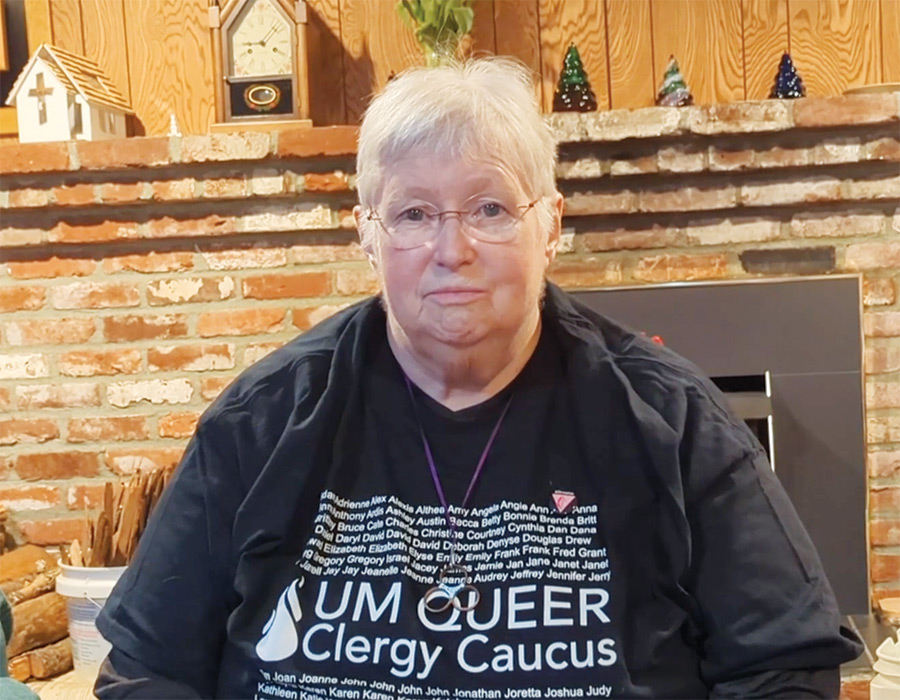
Jeanne Knepper ’69
The First Openly Gay Woman to Be Ordained and Appointed Within the Oregon-Idaho Conference of the United Methodist Church
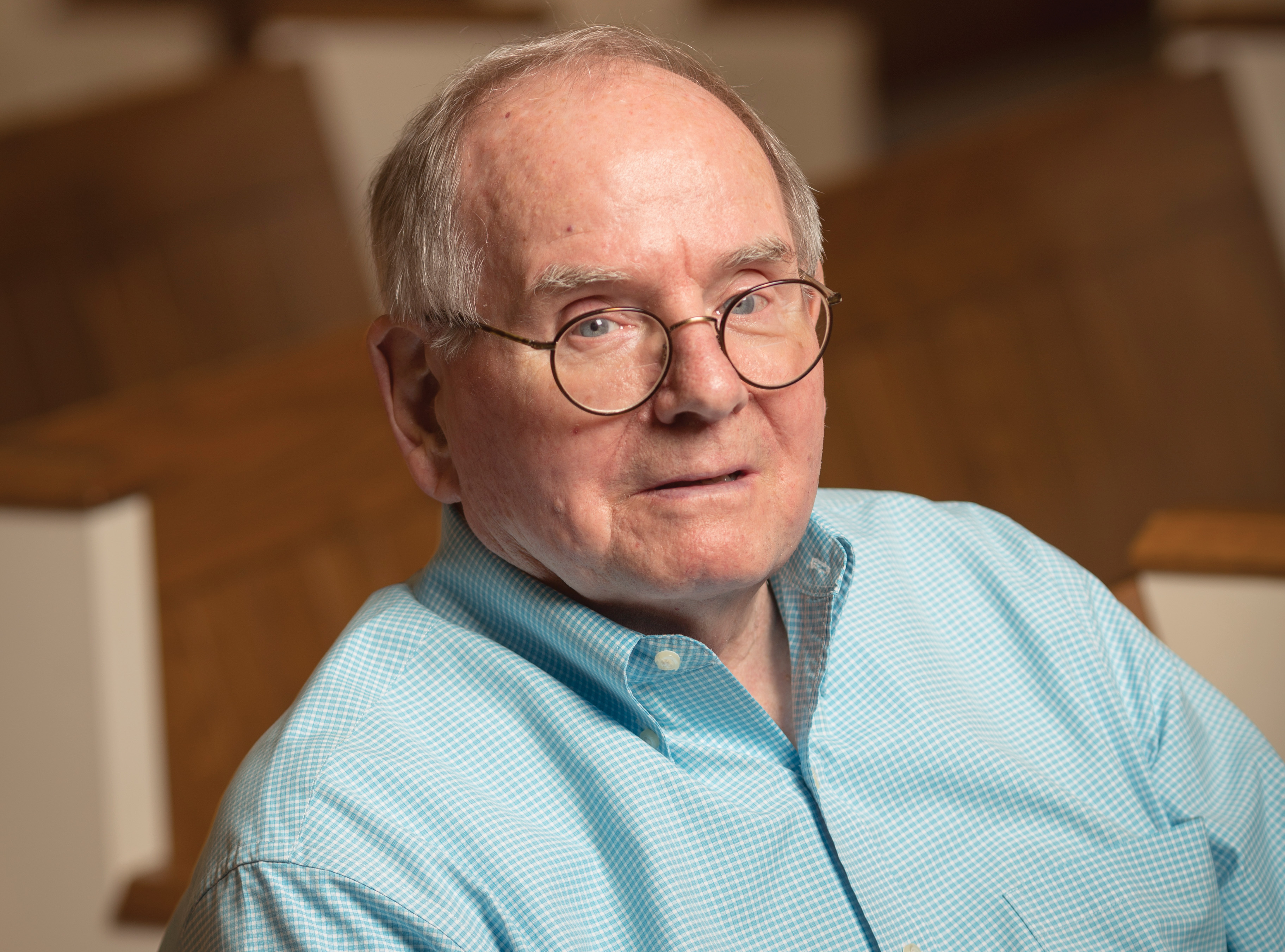
William Haden
As Acting President of Reed, He Strengthened the College's Finances and Alumni Relations
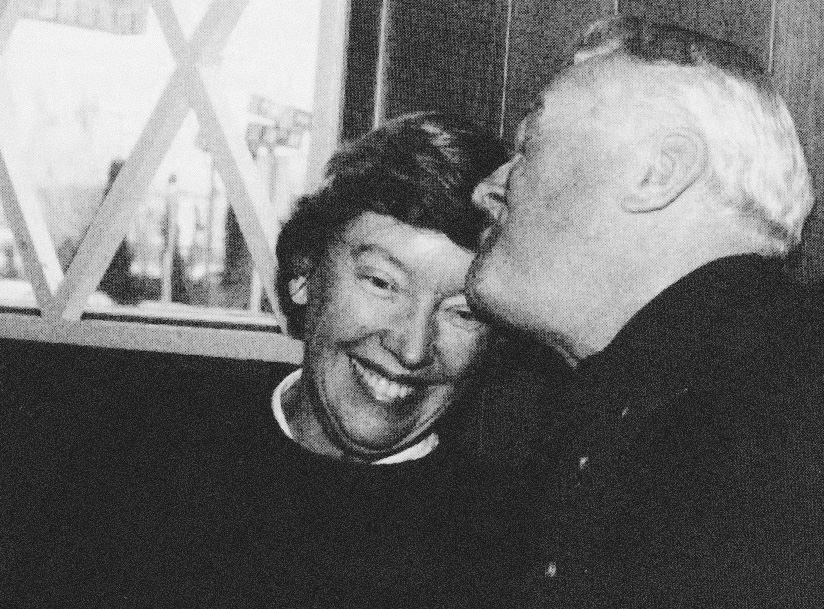
Nancy Horton Bragdon
Reed’s First Lady Whose Warmth and Leadership Were Invaluable During a Turbulent Time

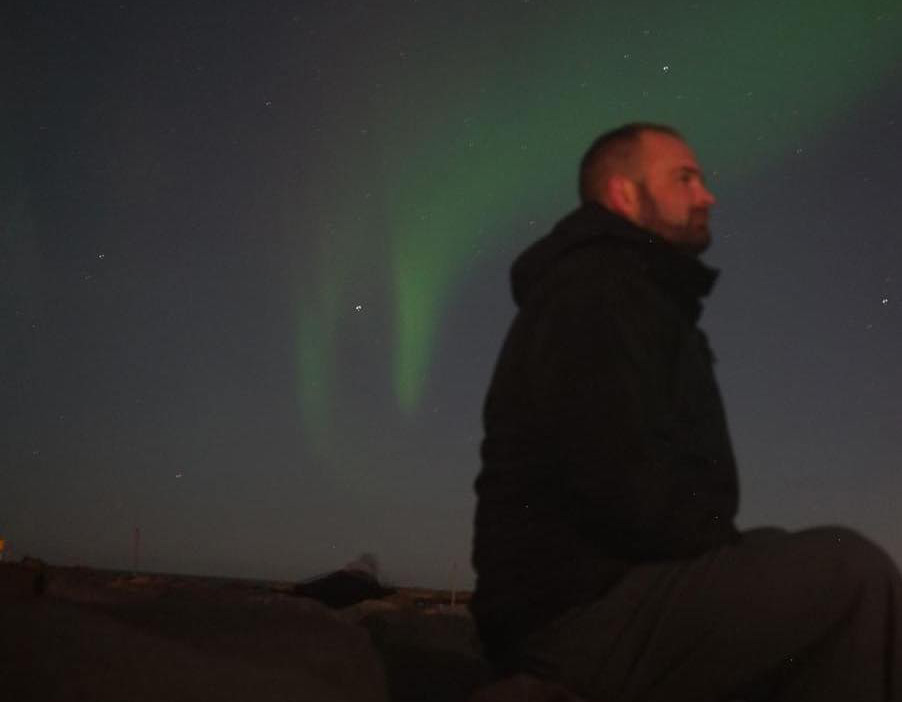
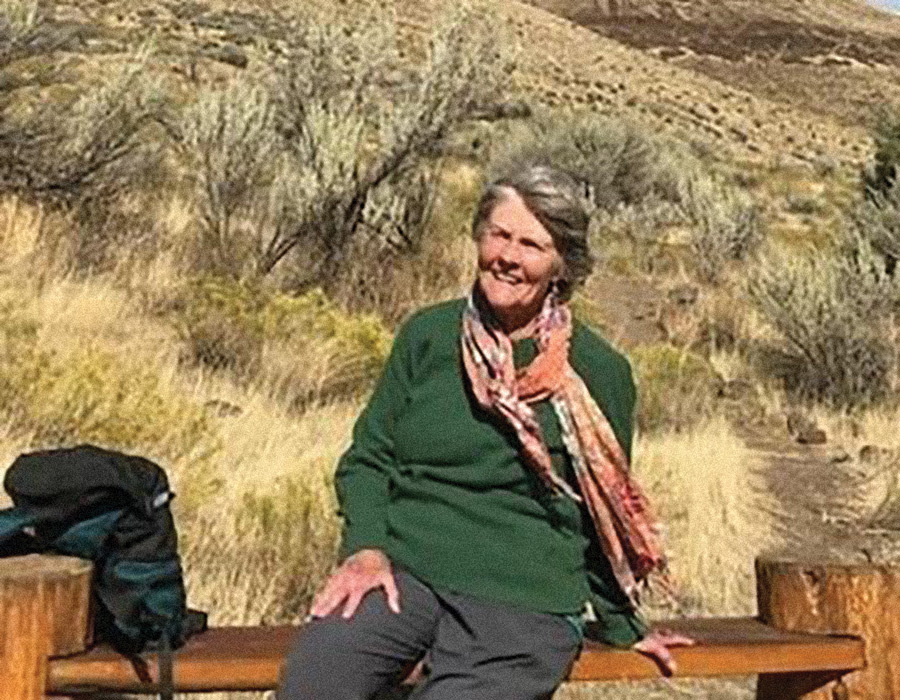
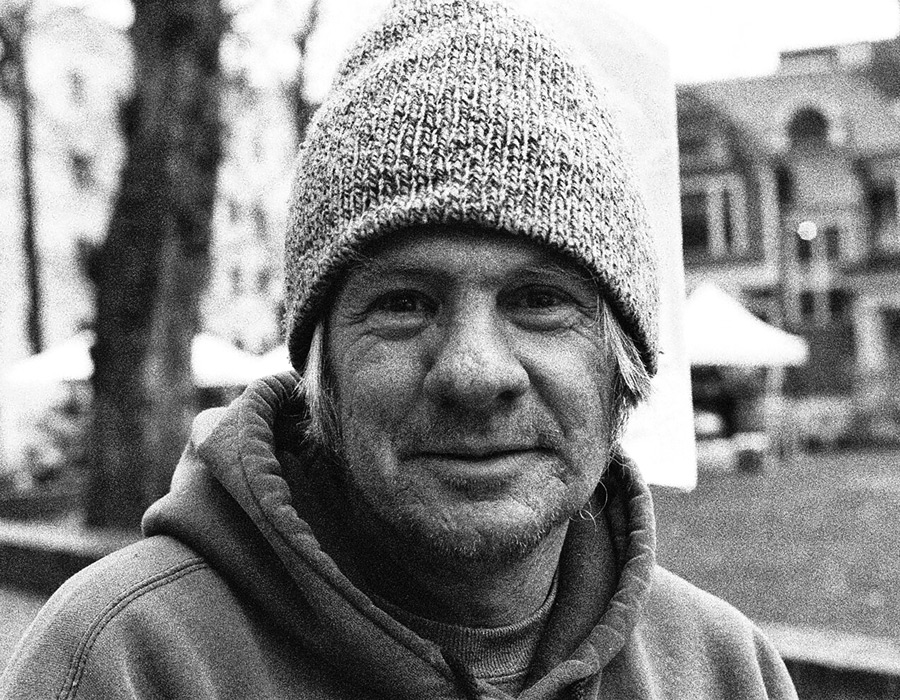
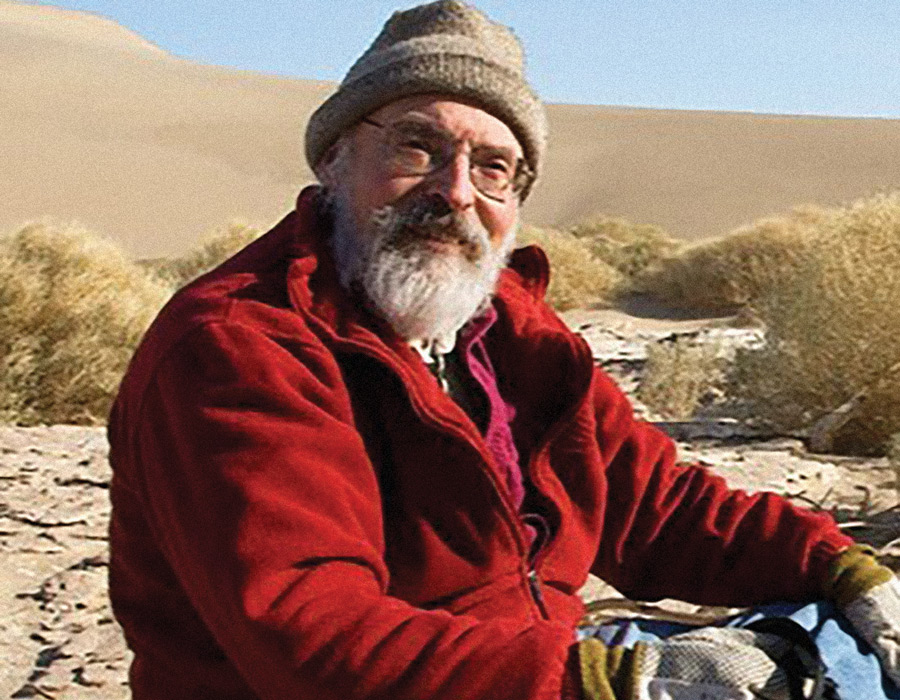
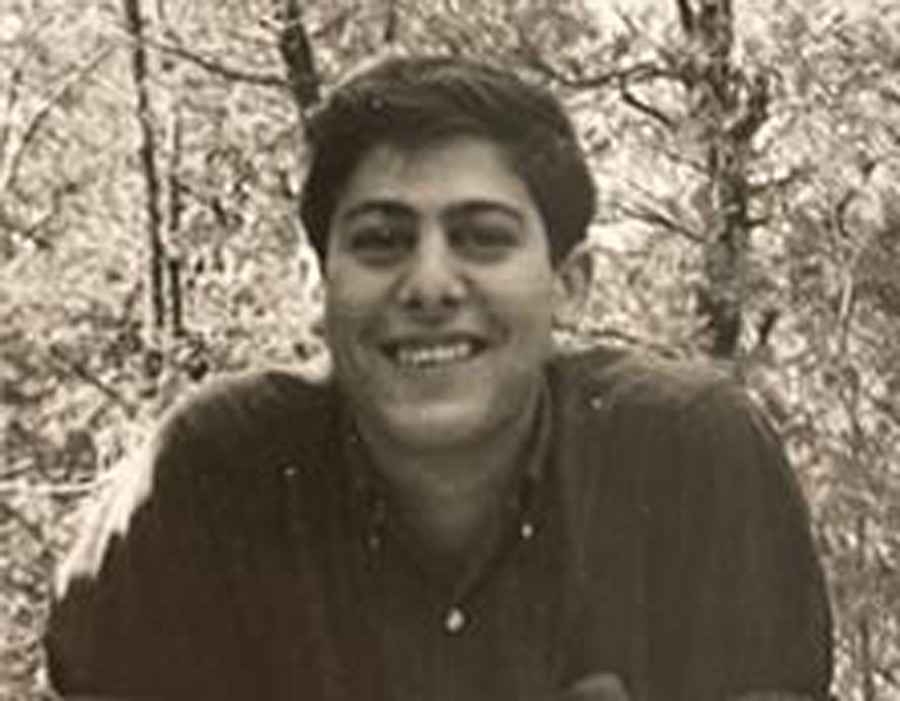
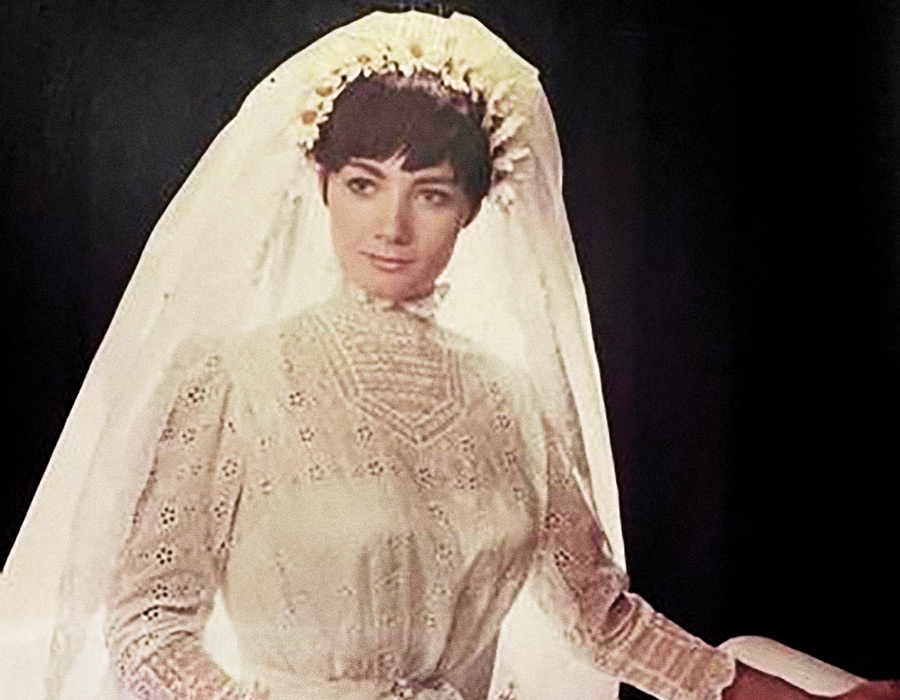
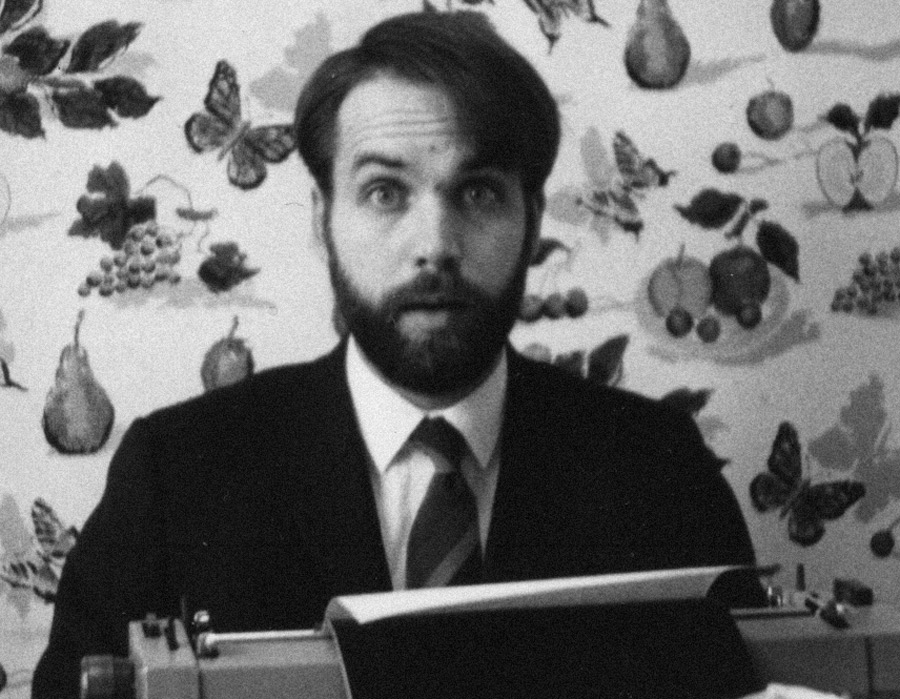
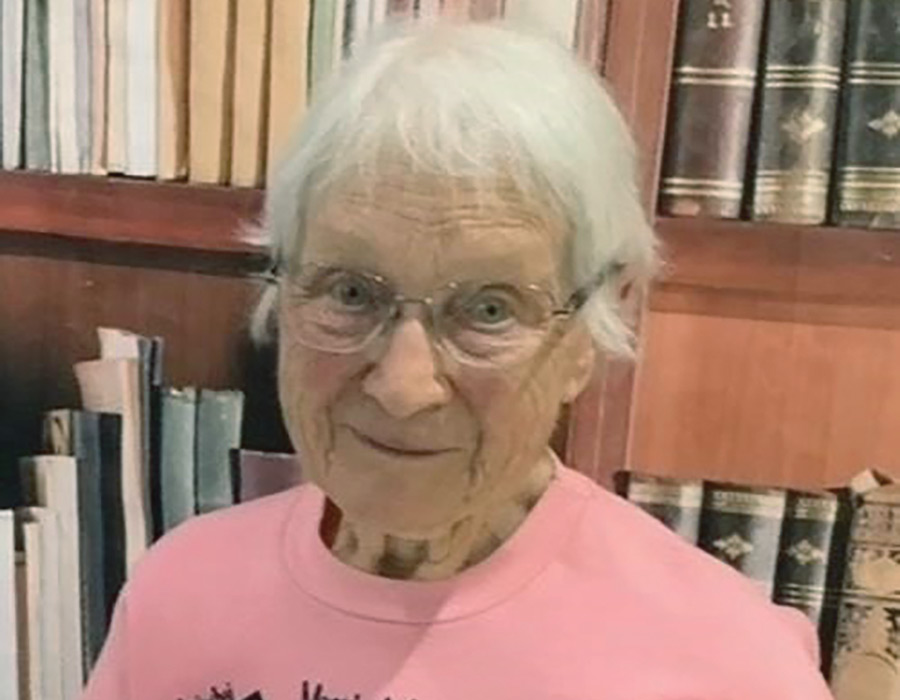
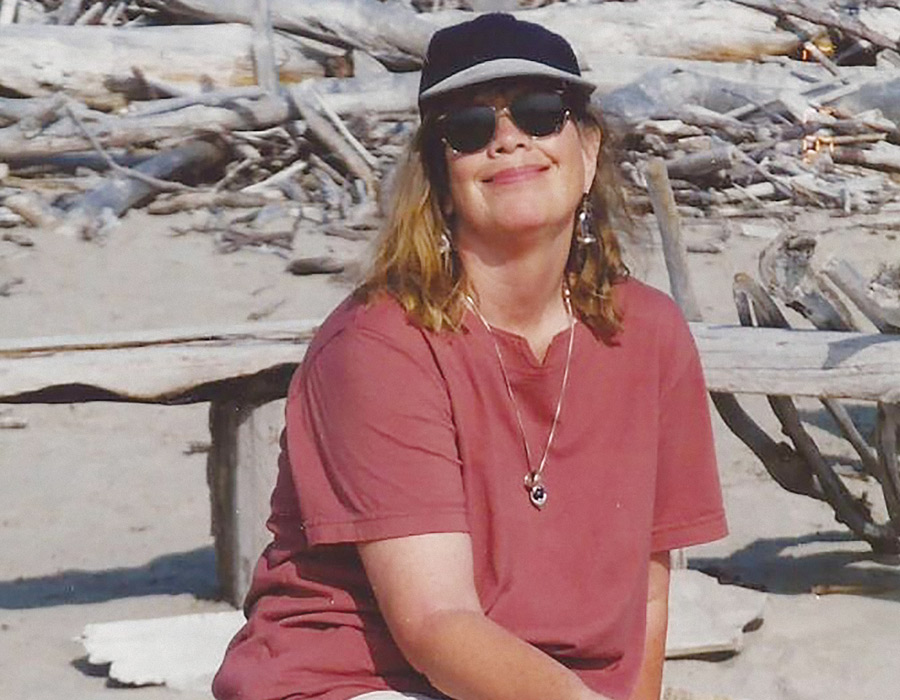
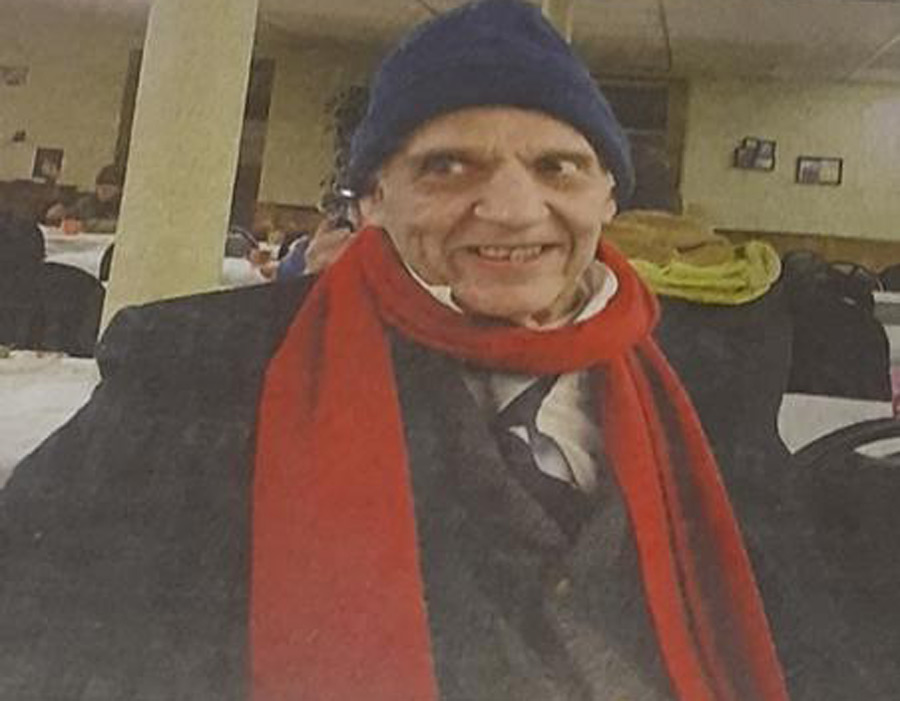
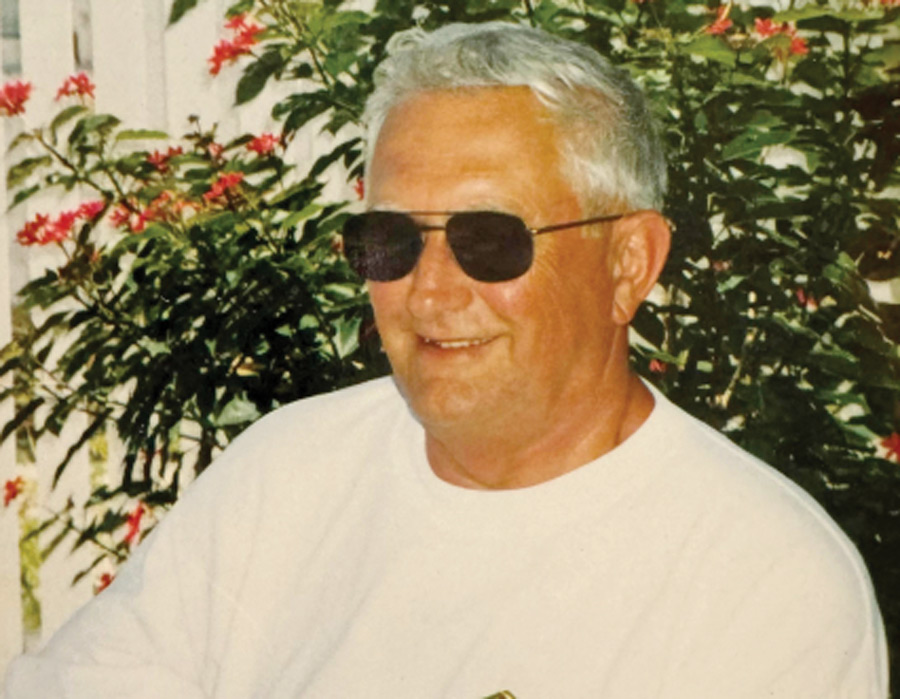
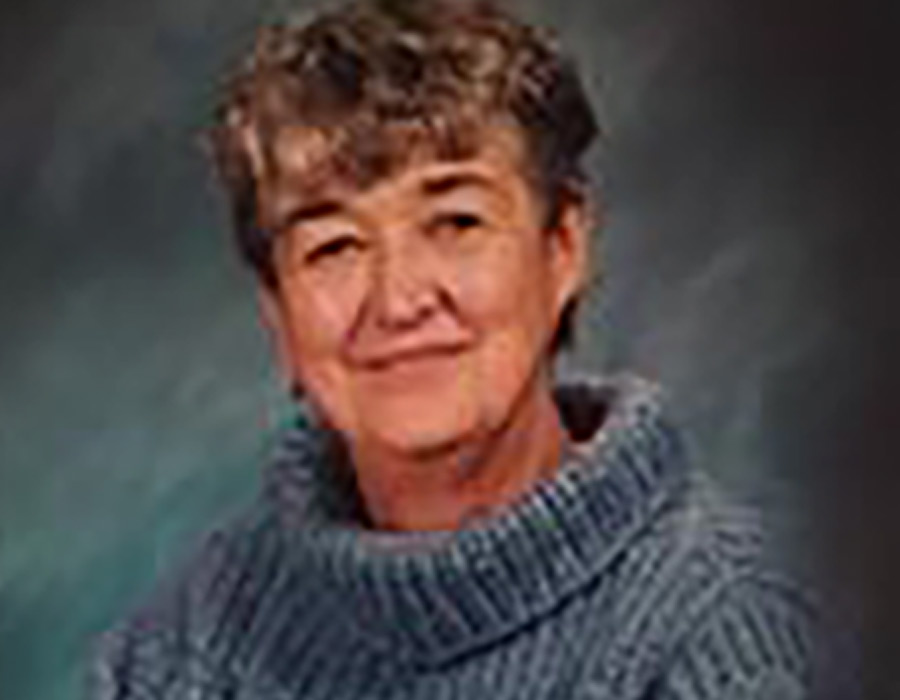
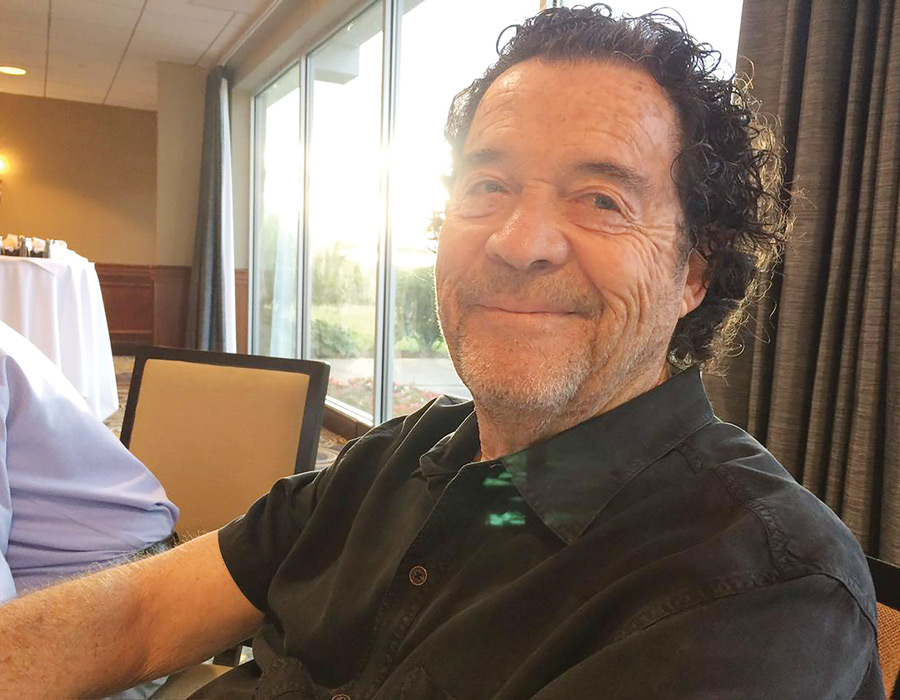
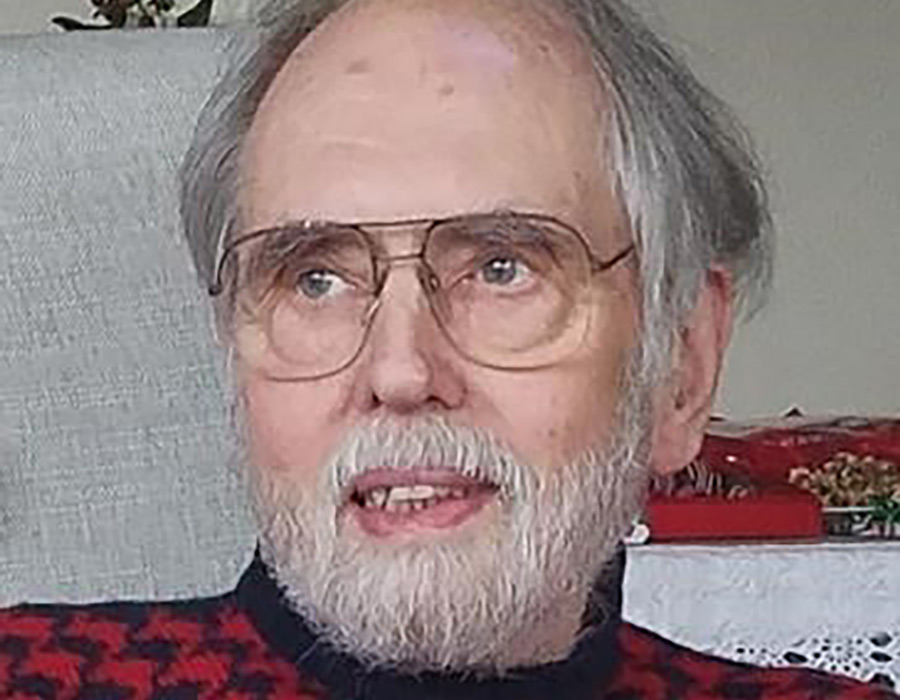
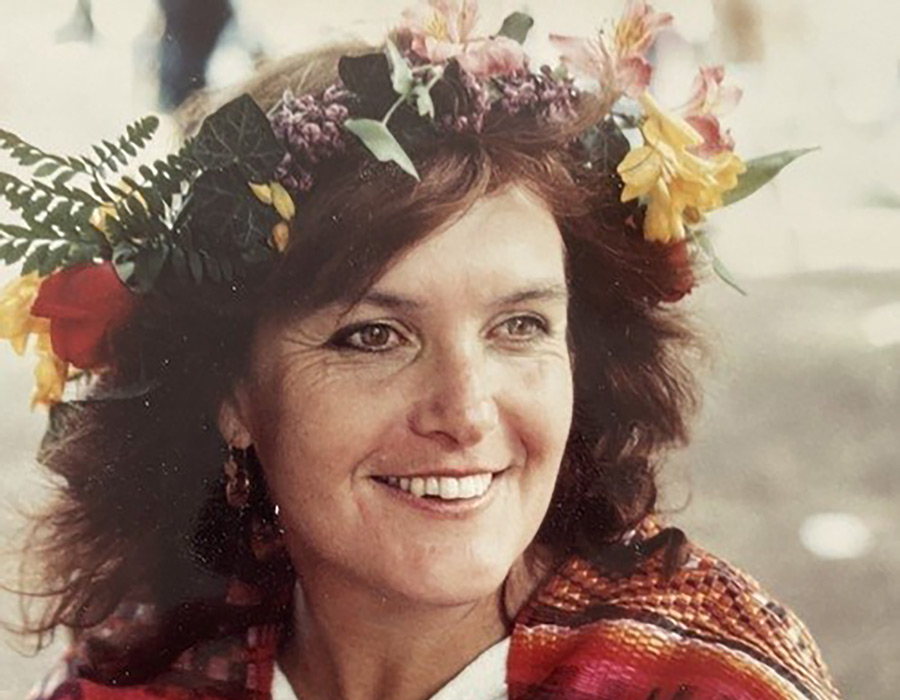
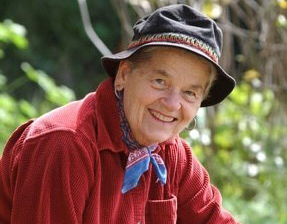
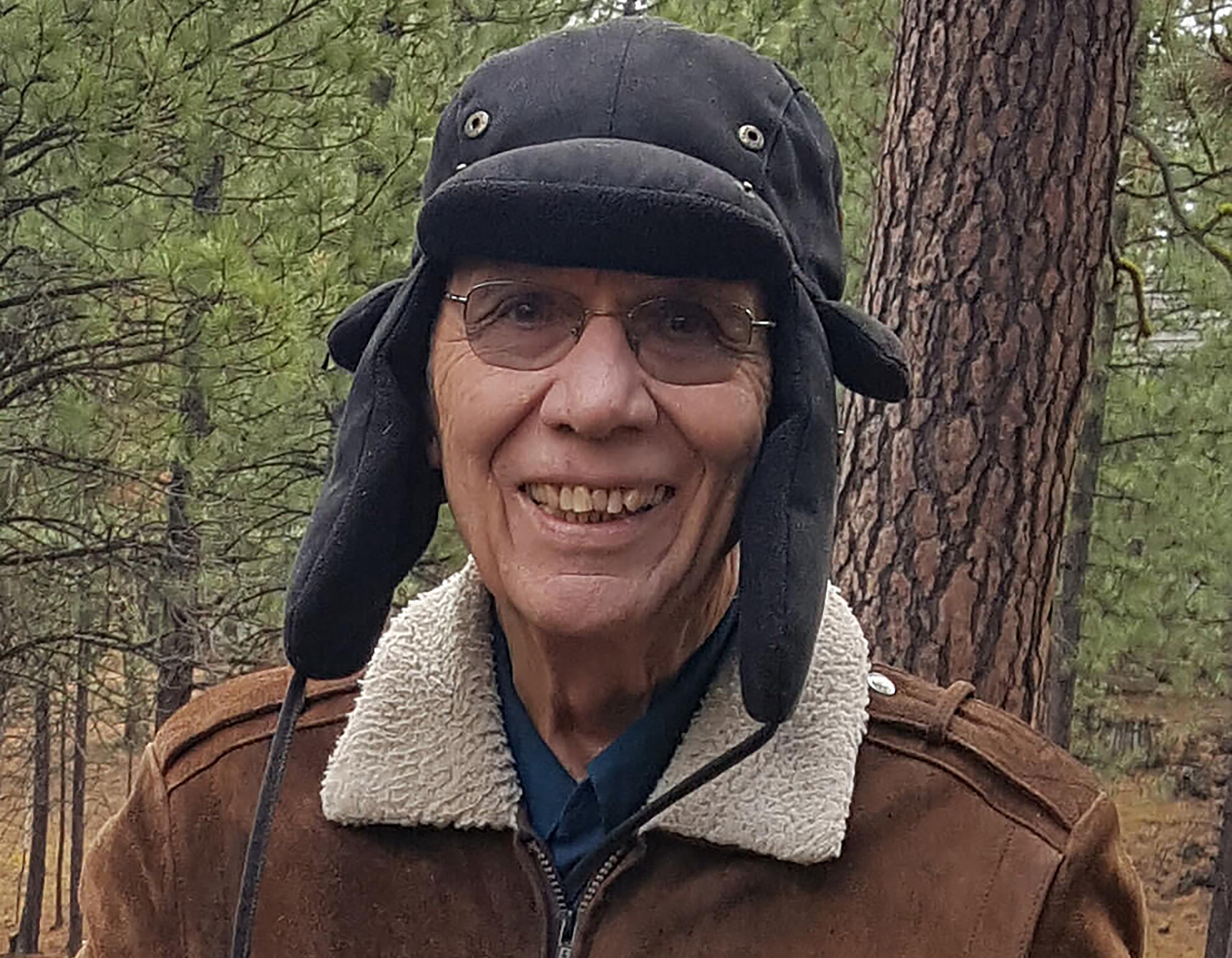
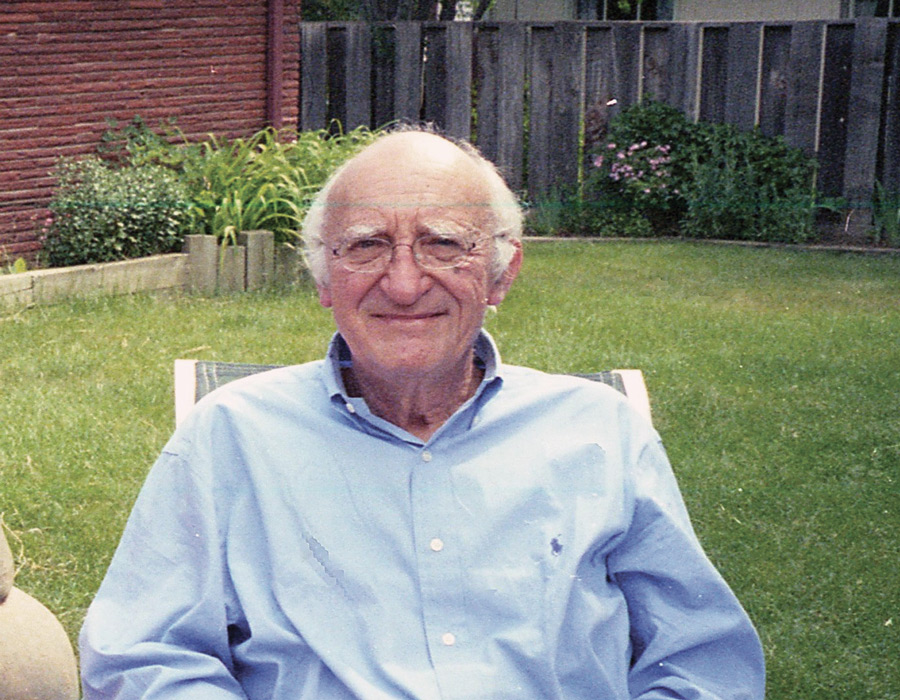
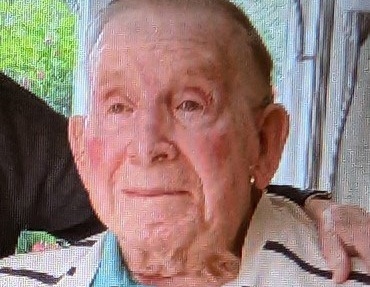
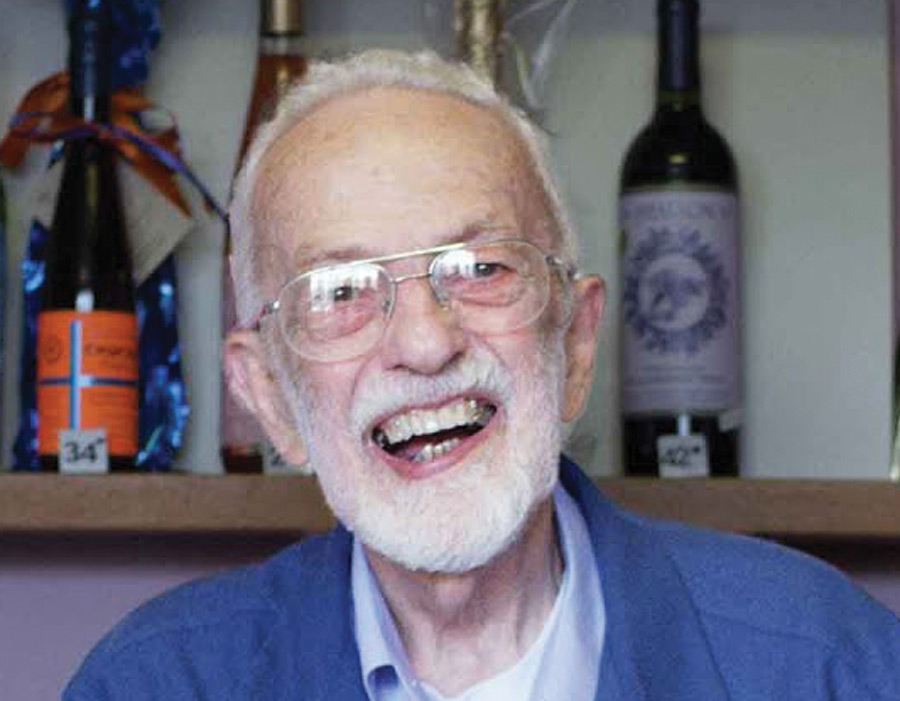
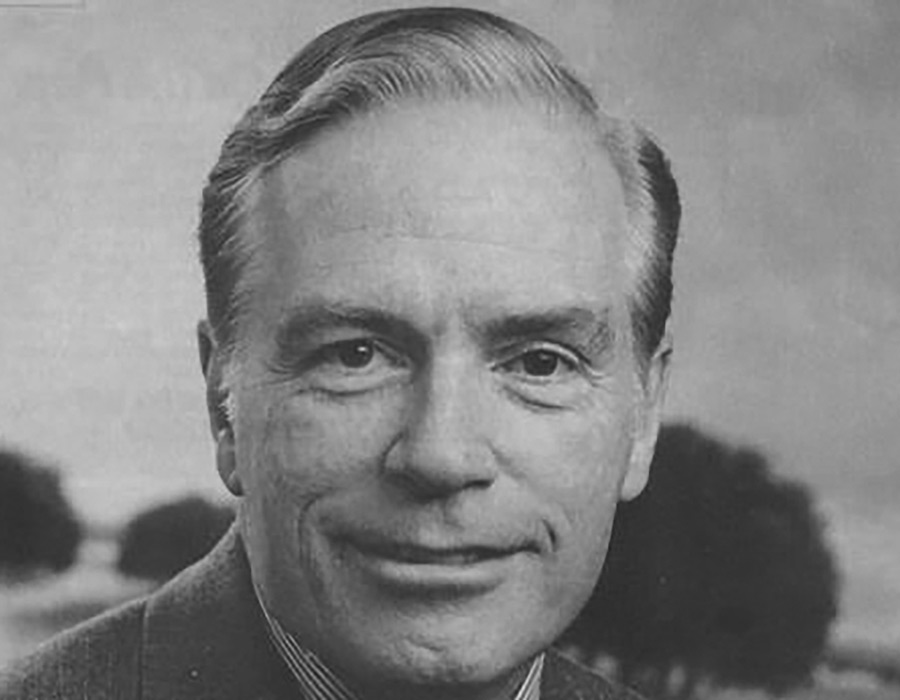
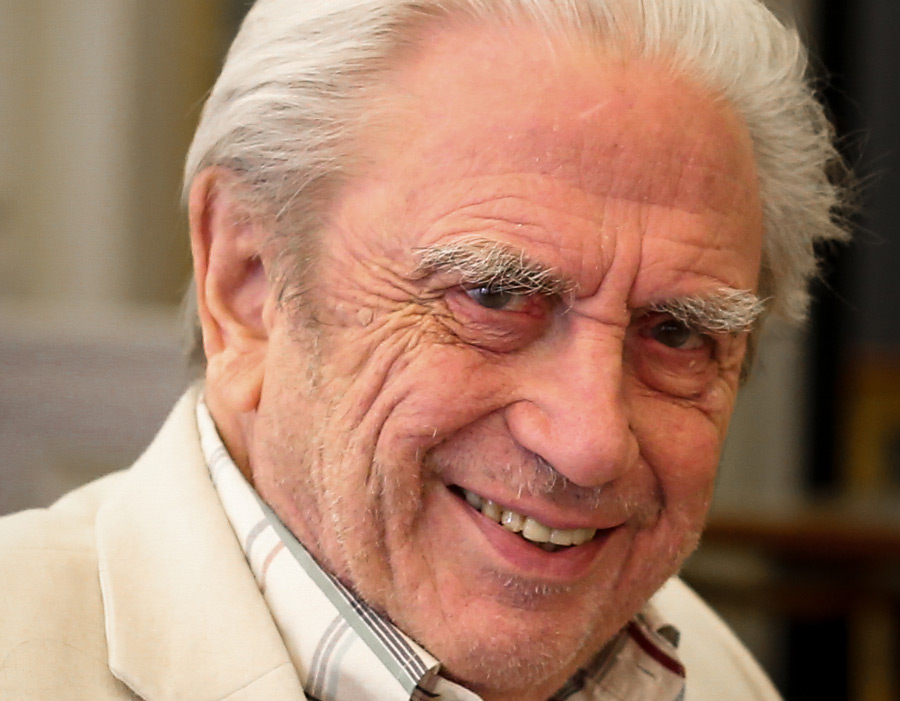
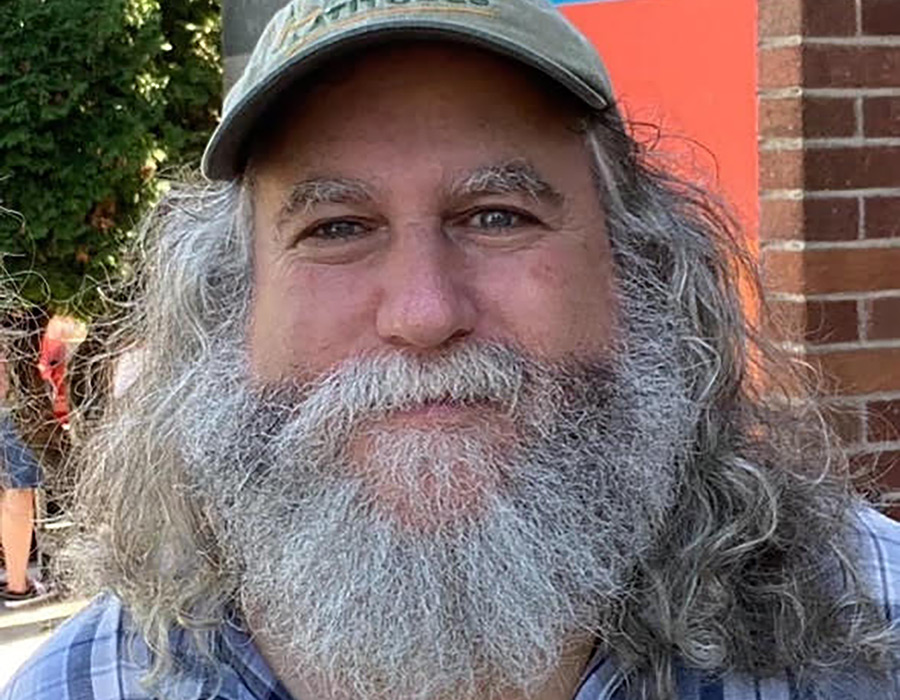
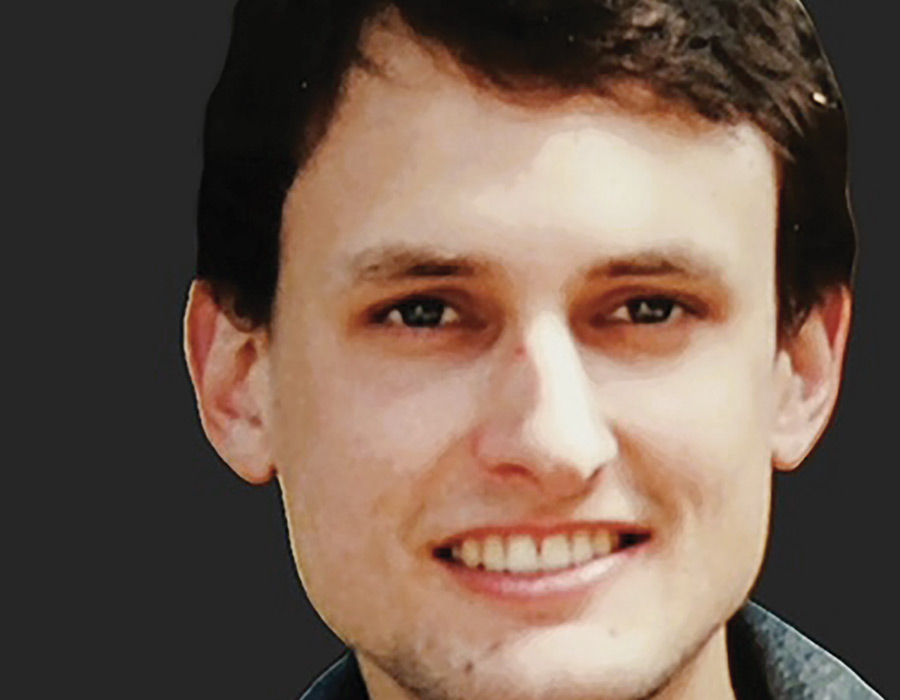
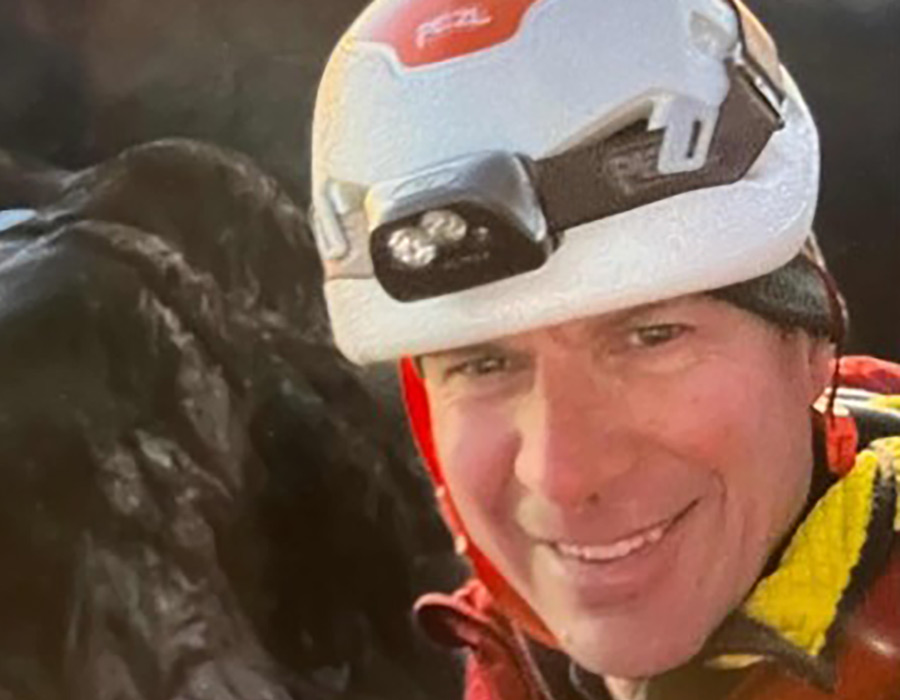
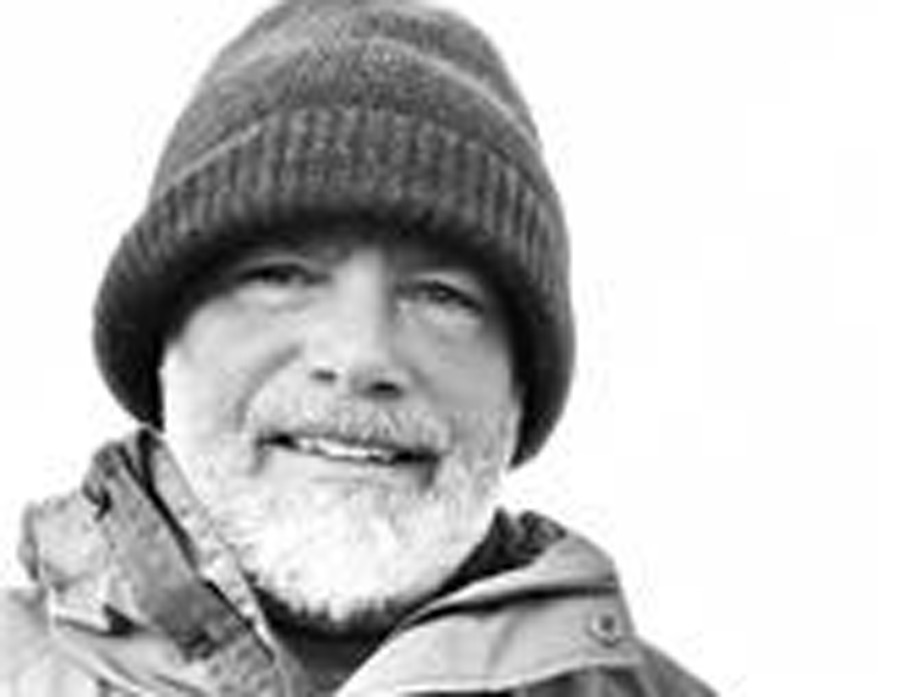
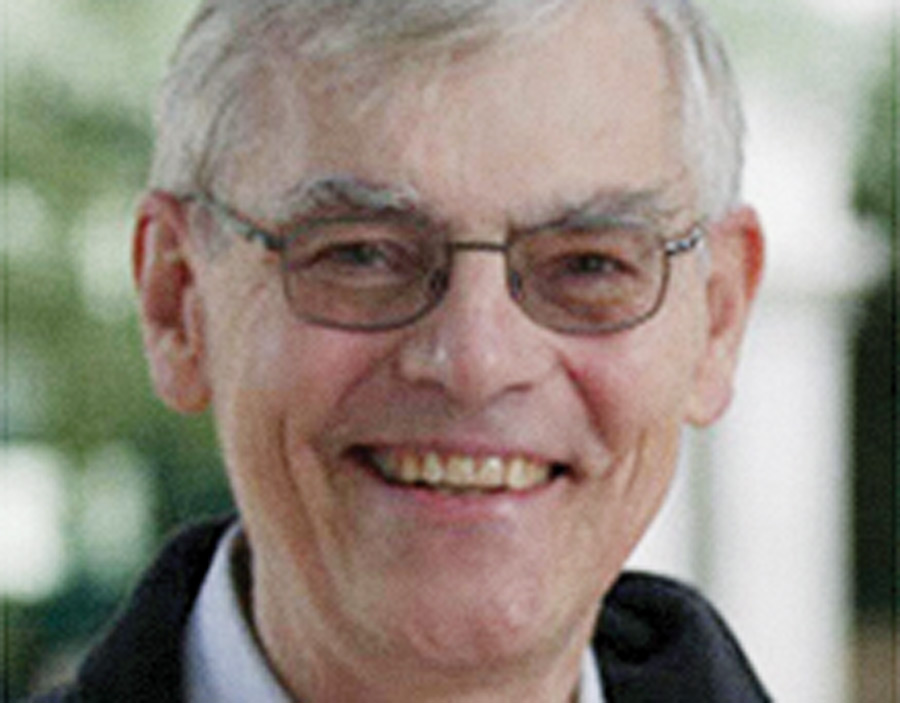
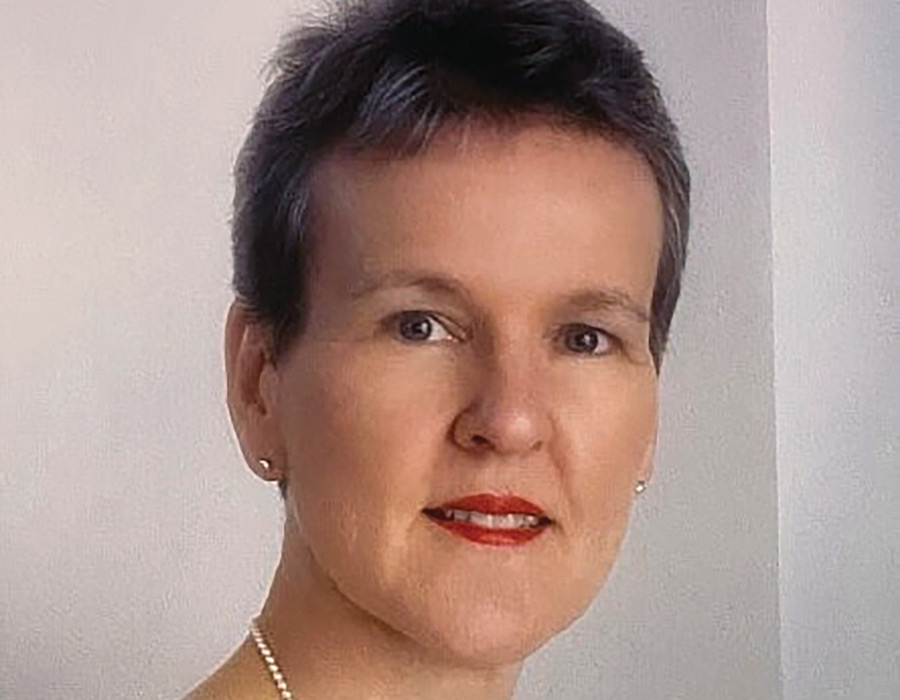
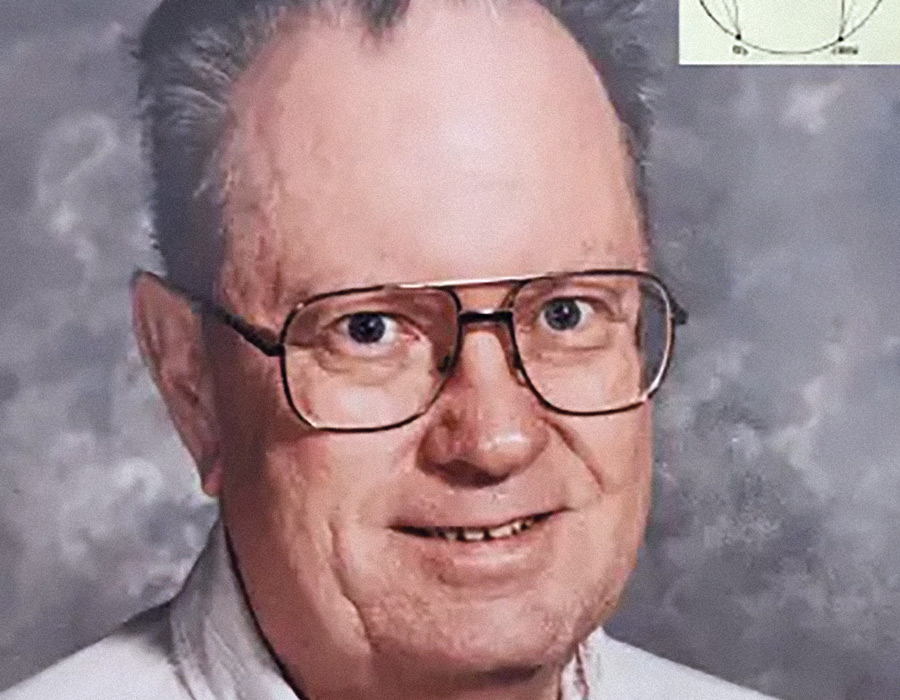
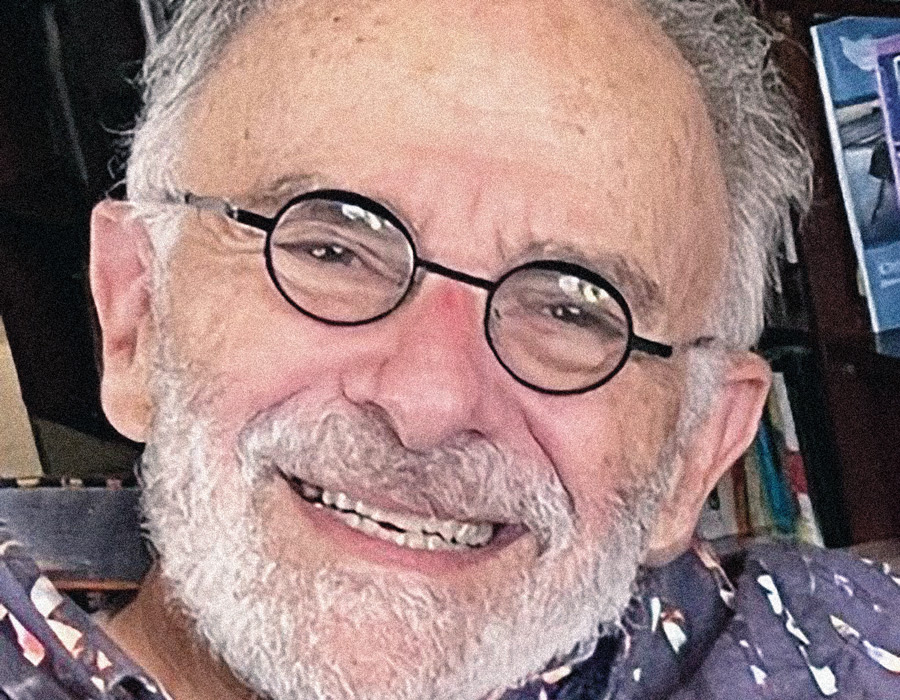
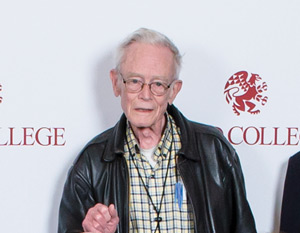
![Photo of Prof. Laurens Ruben [biology 1955–92]](https://www.reed.edu/reed-magazine/in-memoriam/assets/images/Larry-Ruben-copy.jpg)
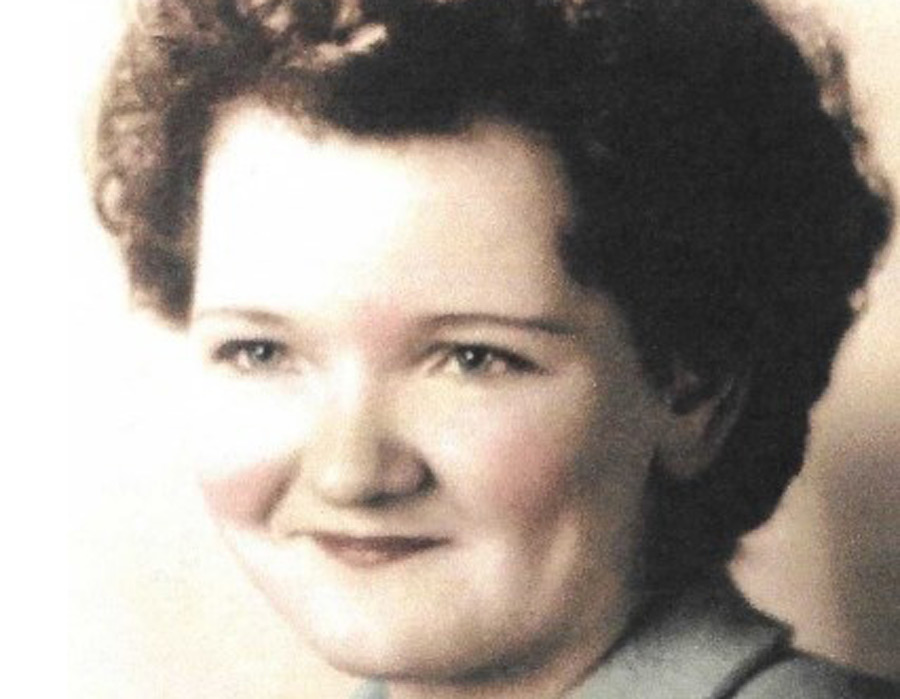
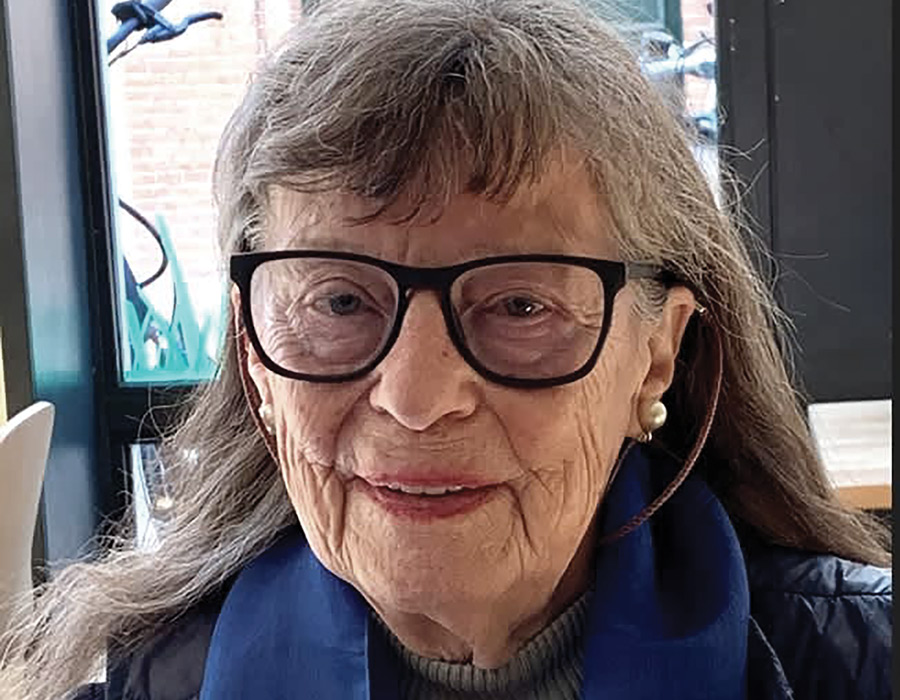
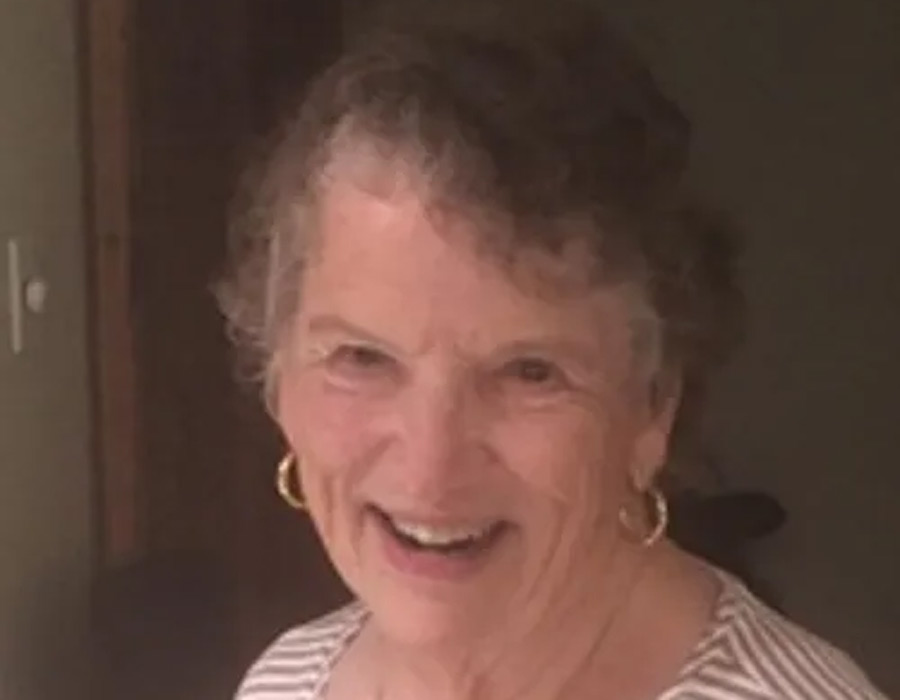
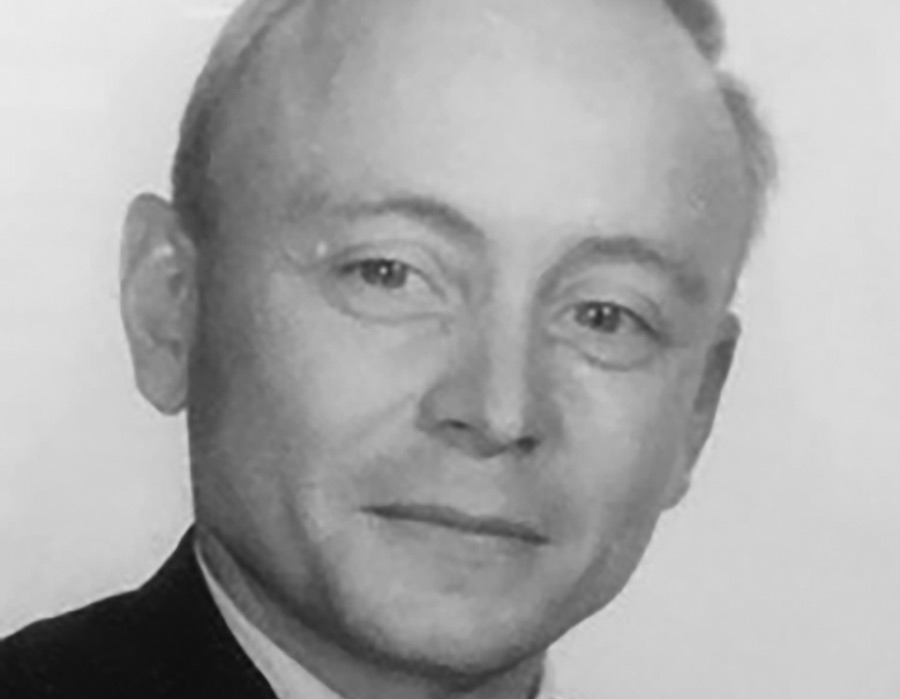
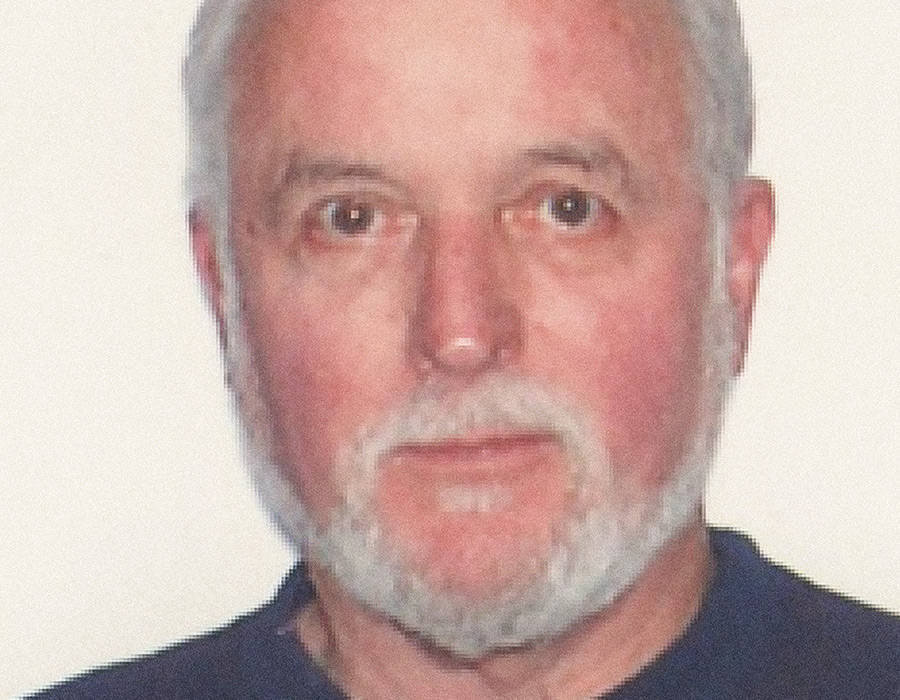
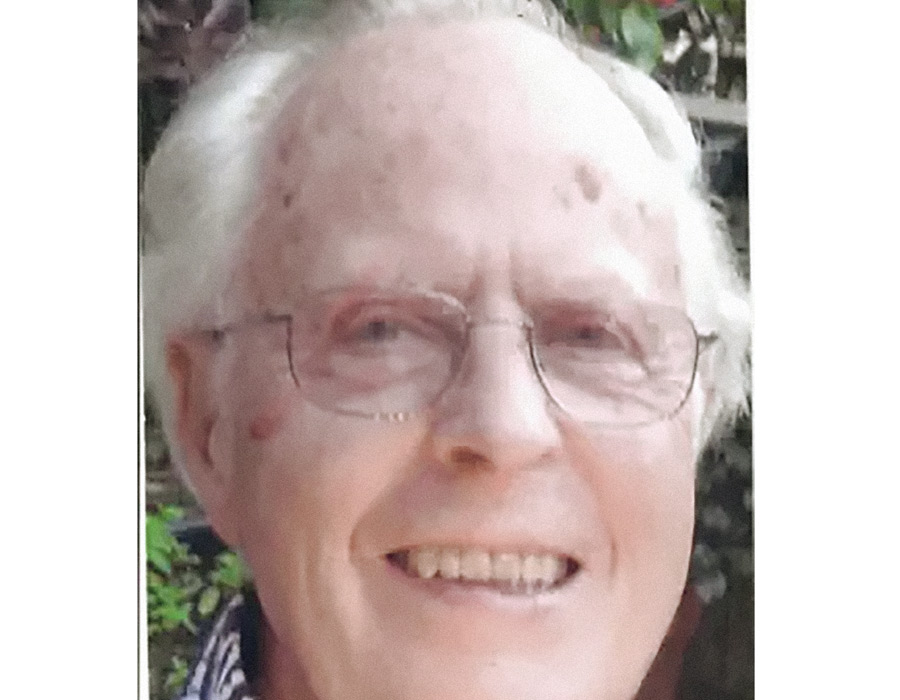
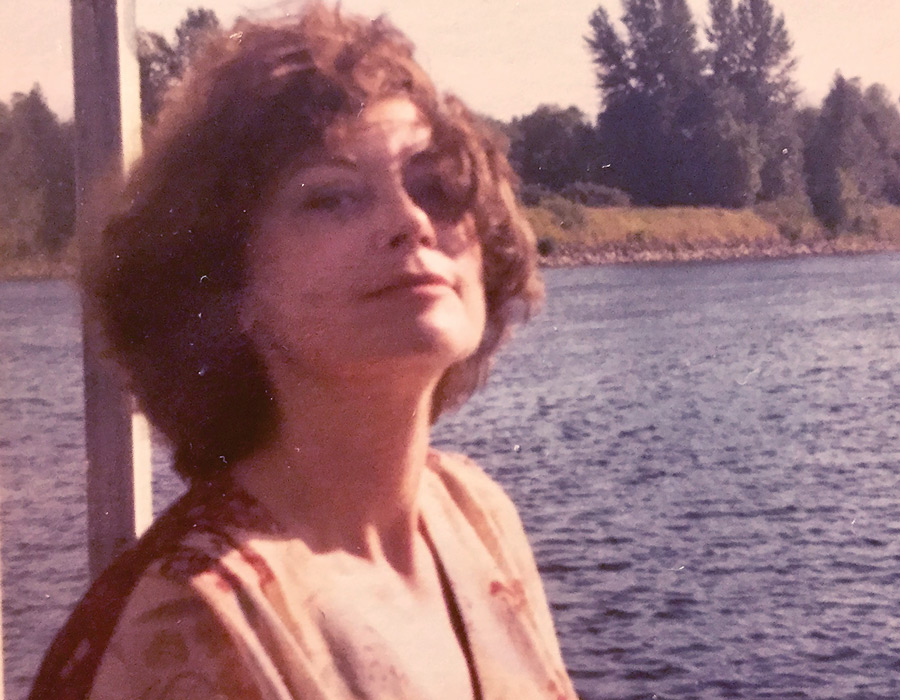
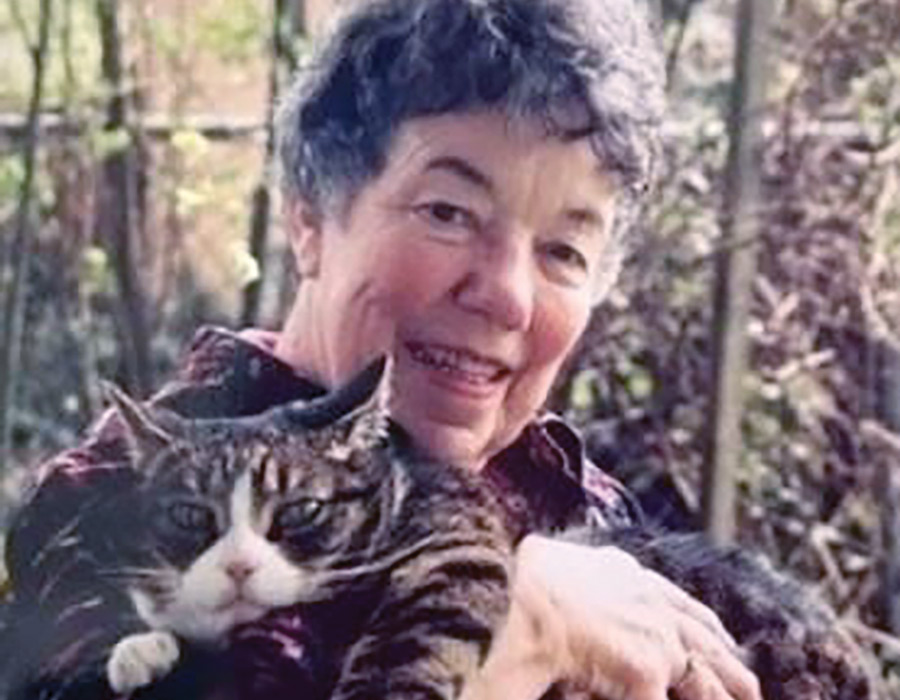
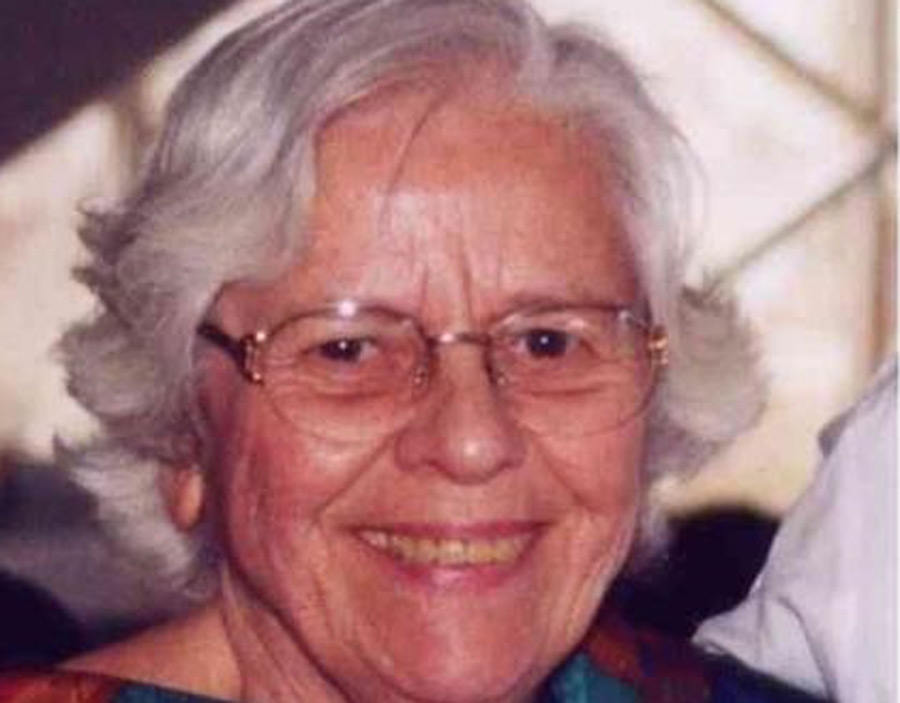
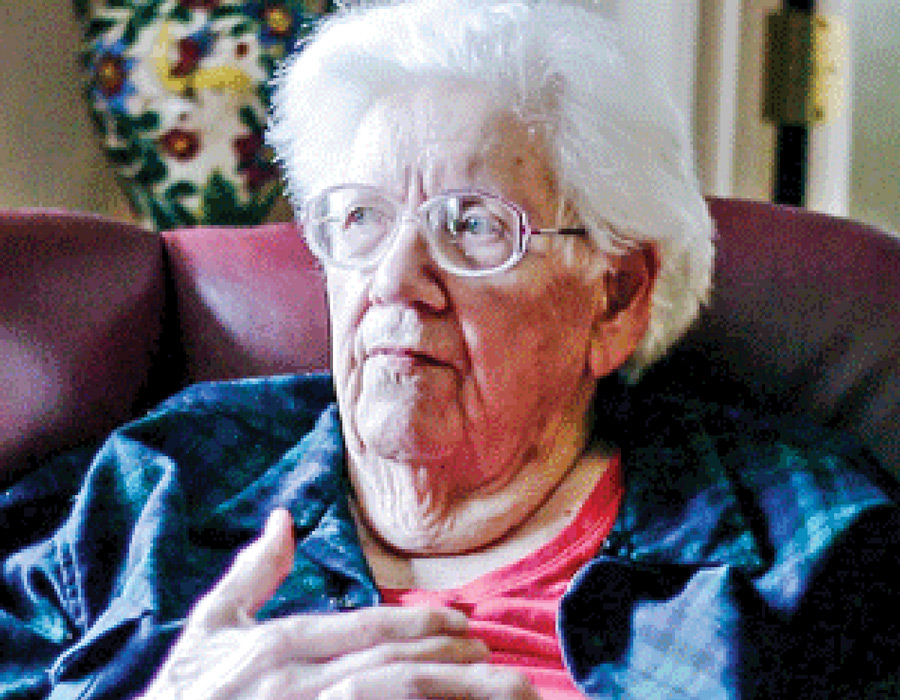
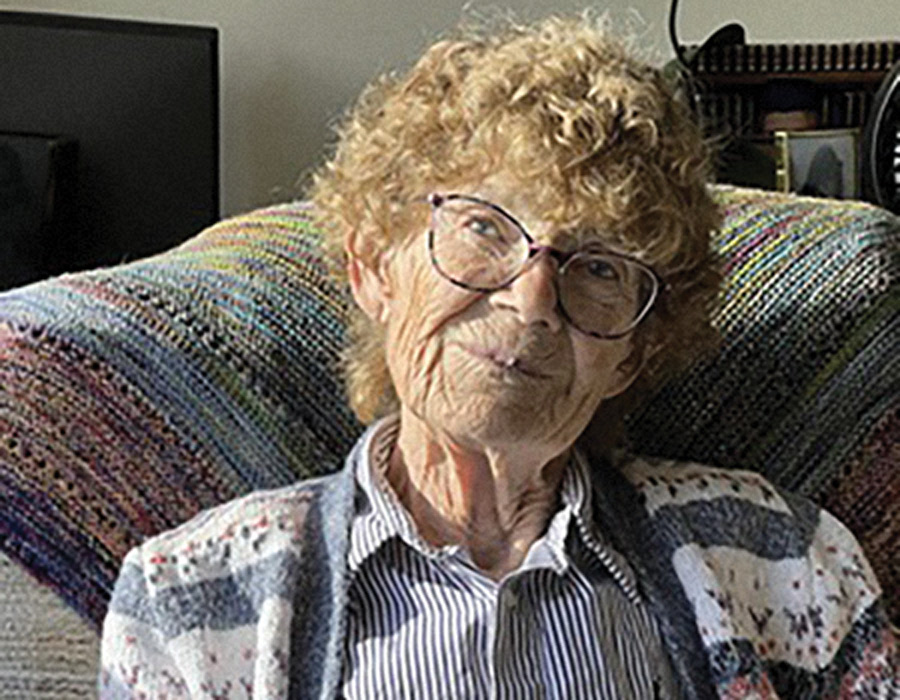
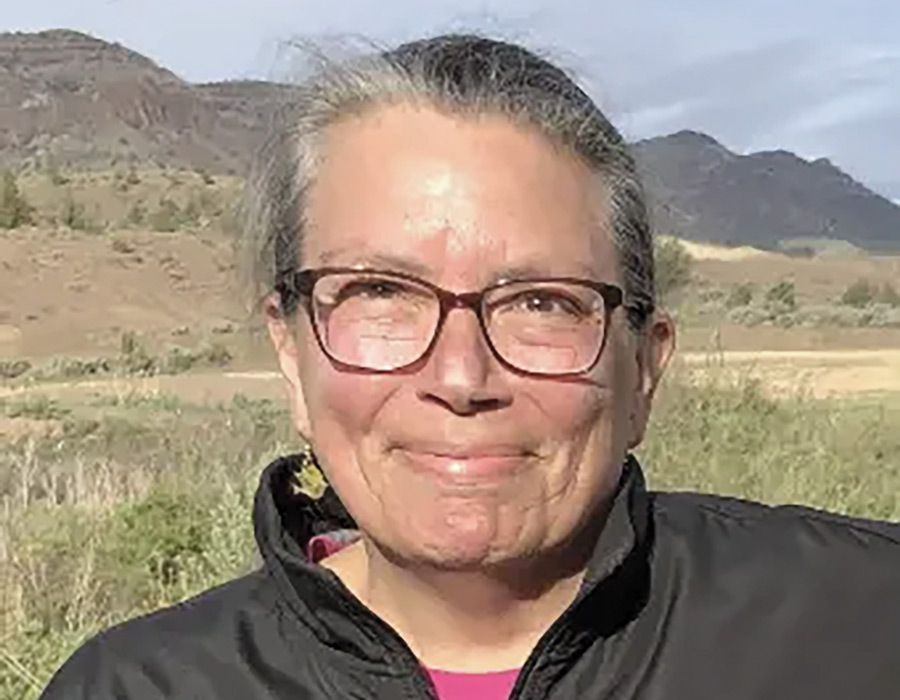
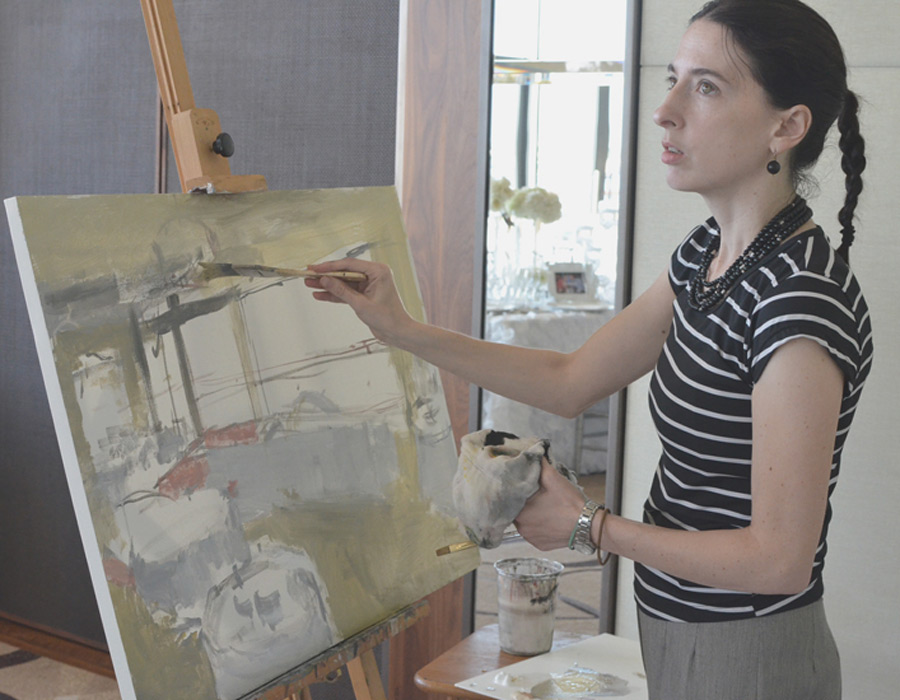
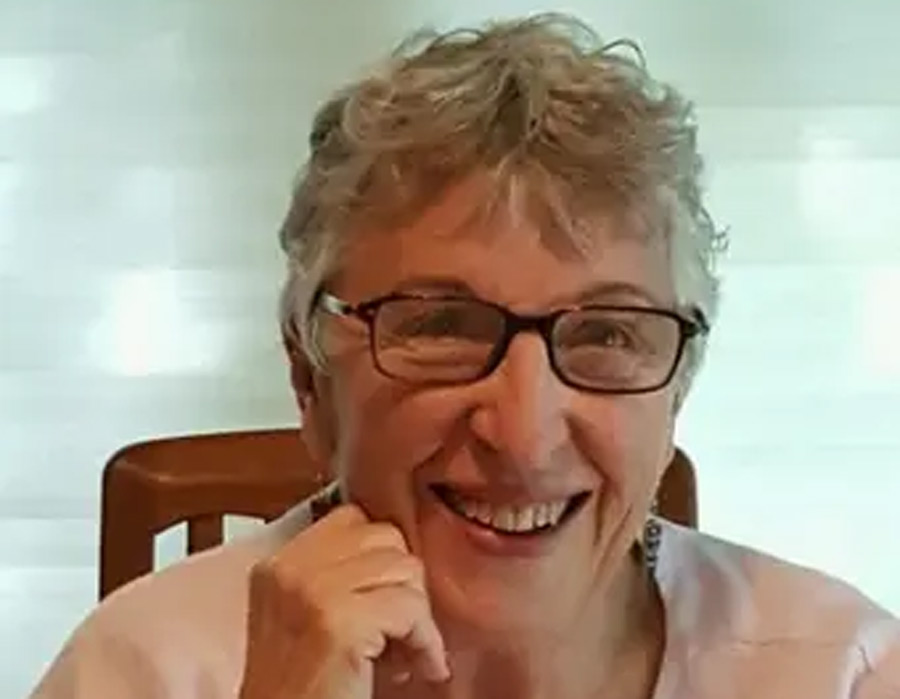
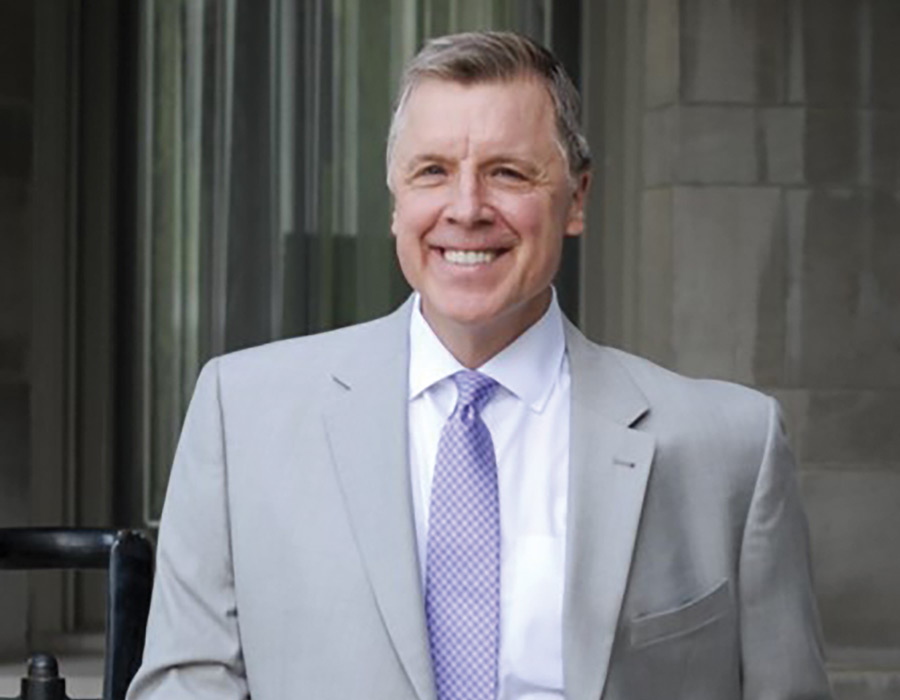
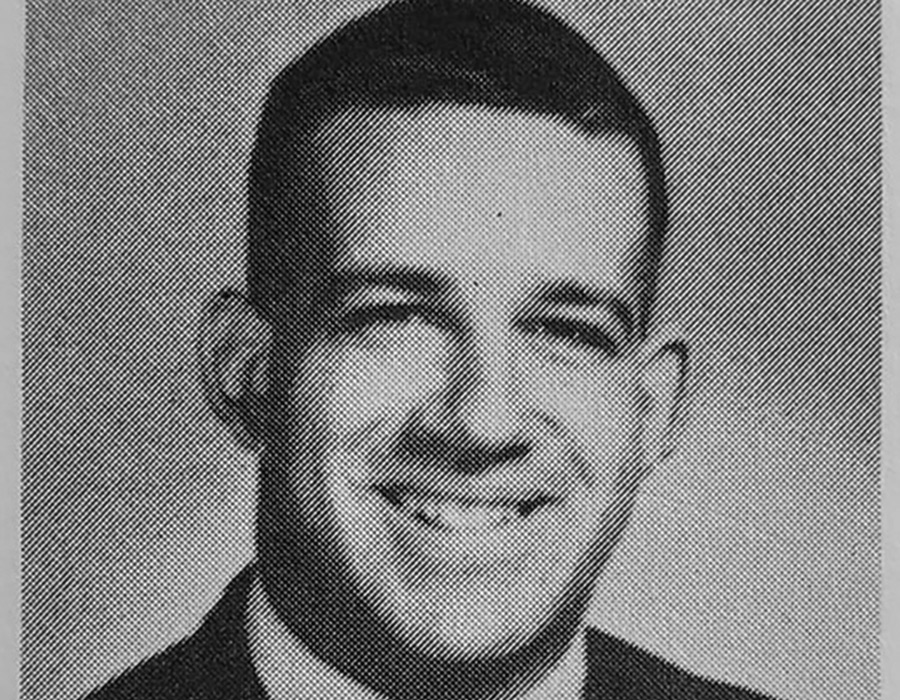
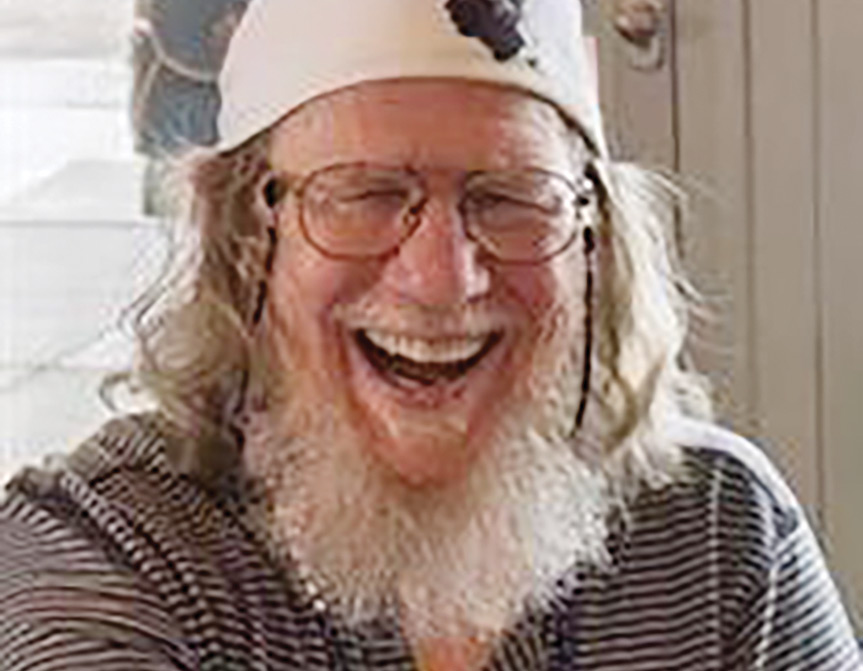
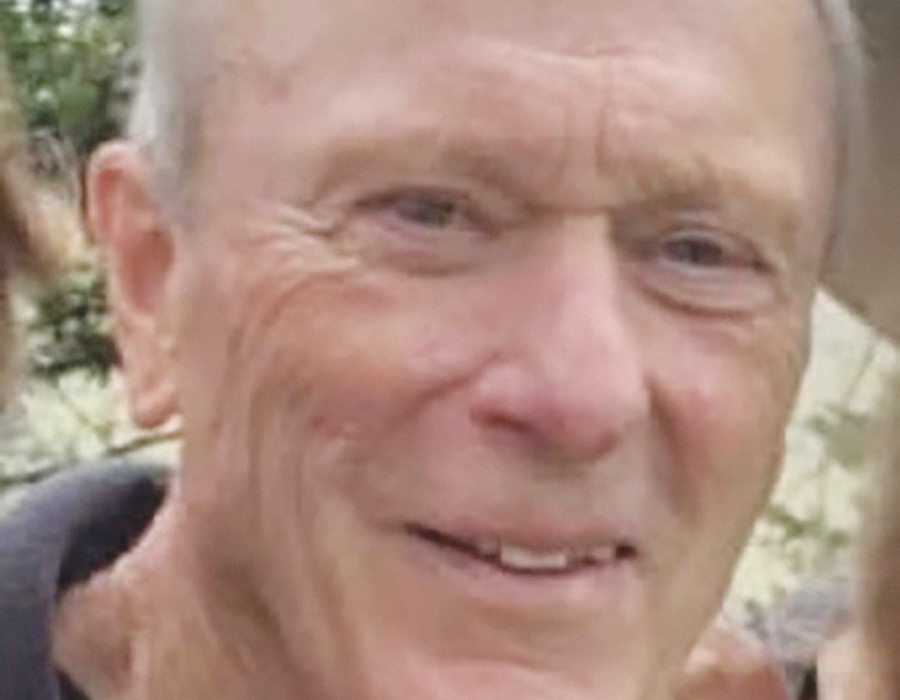
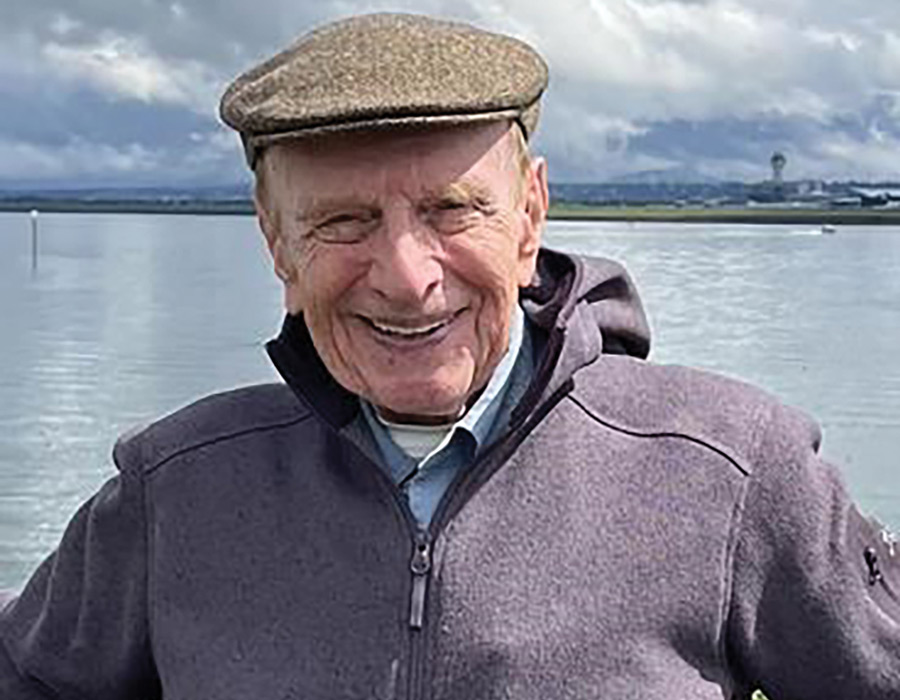
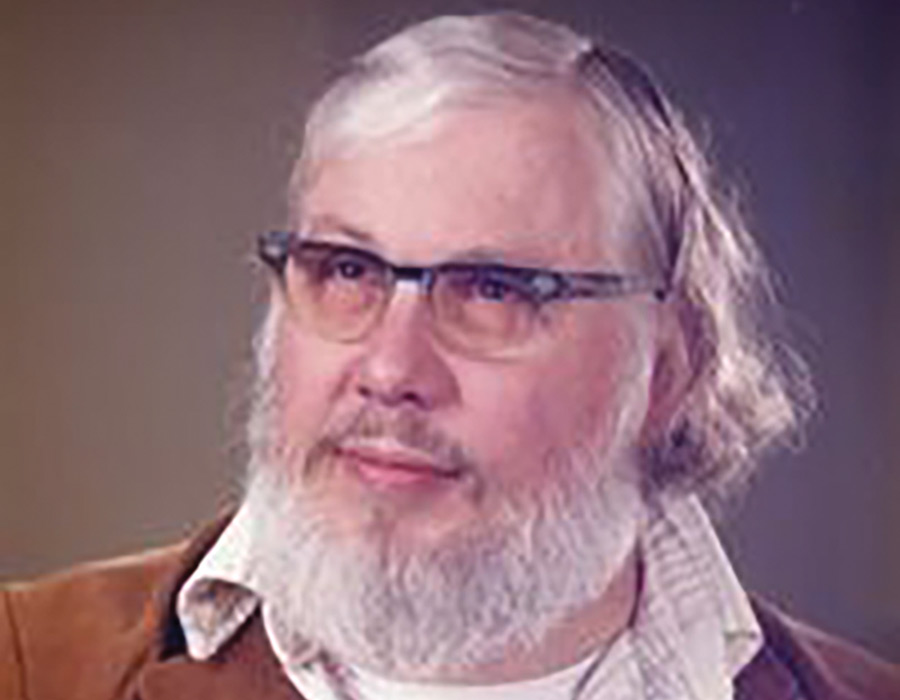
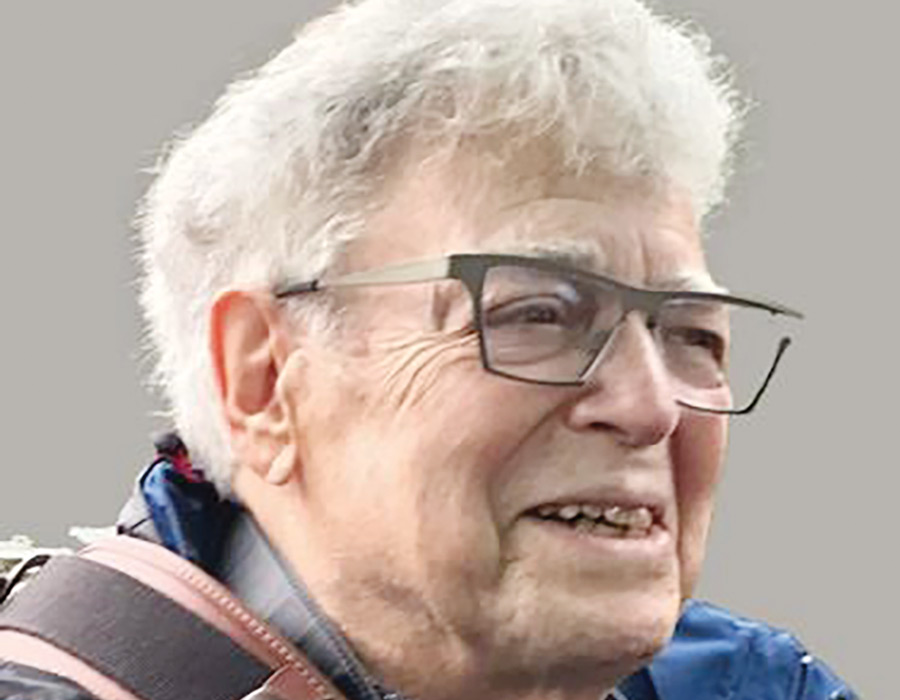
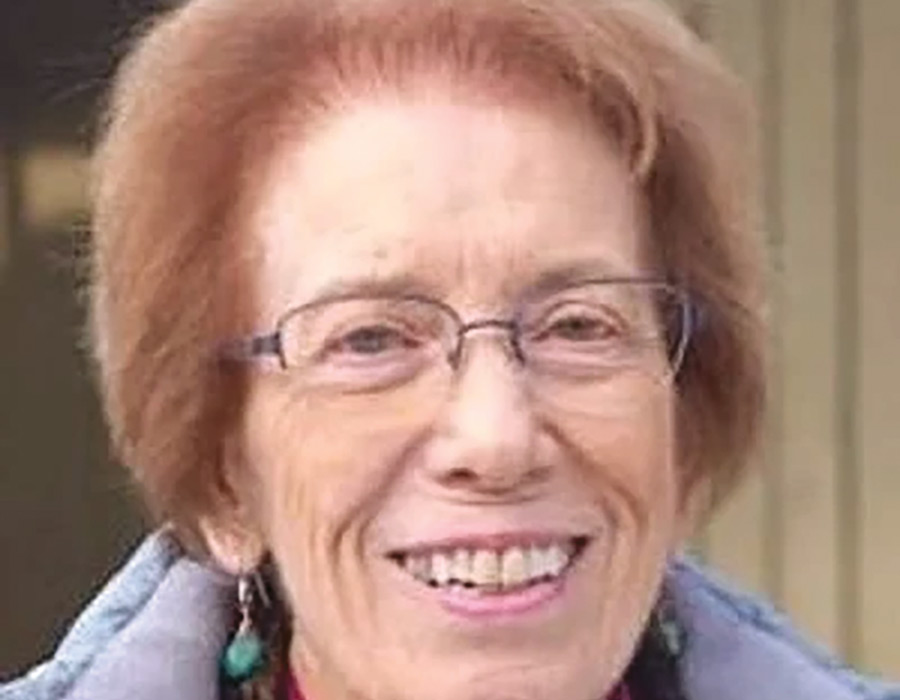
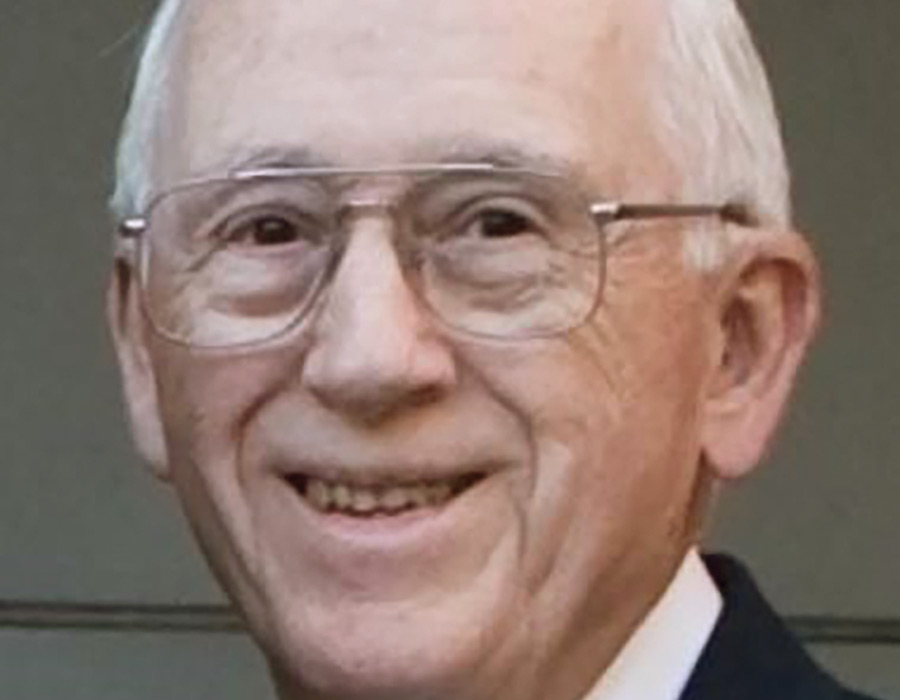
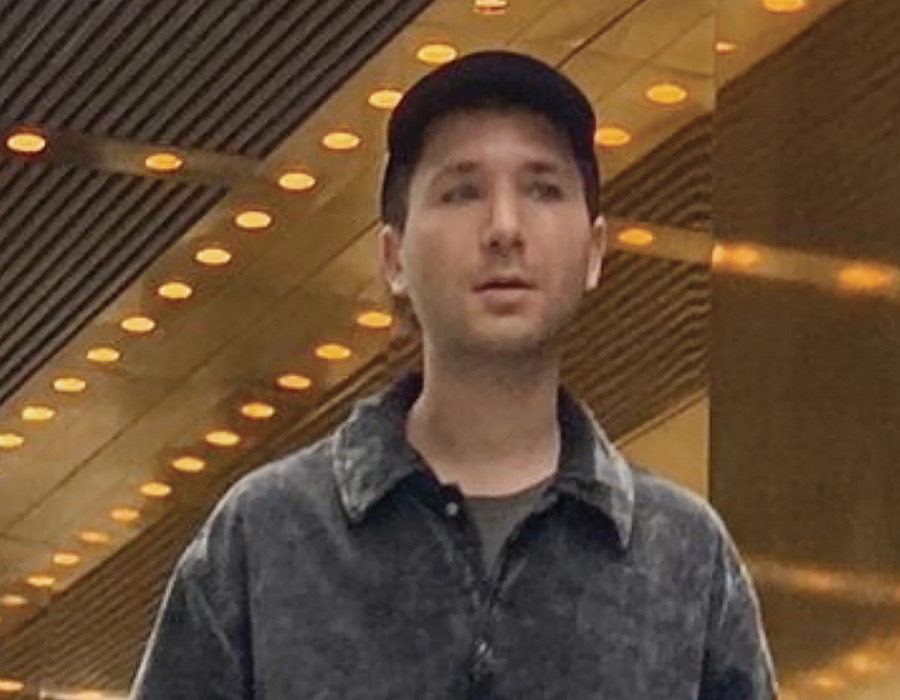
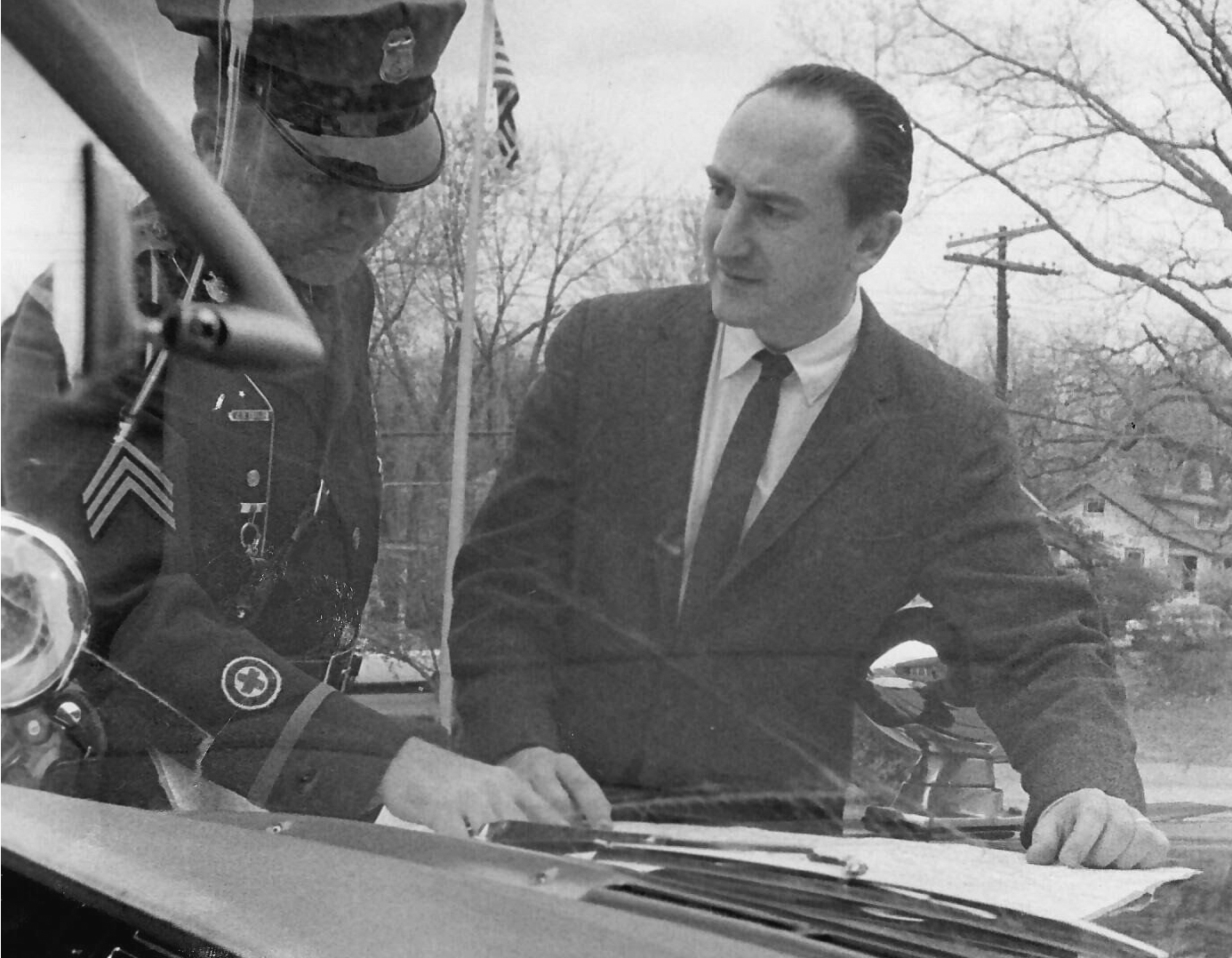
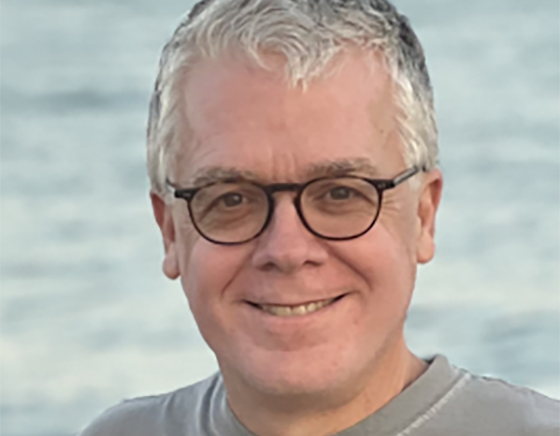
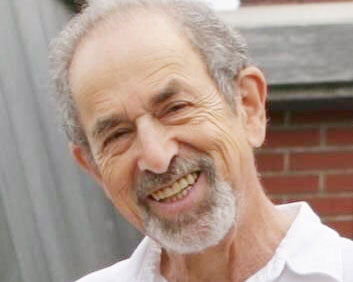



![Photo of Prof. Marvin Levich [philosophy 1953–94]](https://www.reed.edu/reed-magazine/in-memoriam/assets/images/2022/LTL-levich1.jpg)
![Photo of President Paul E. Bragdon [1971–88]](https://www.reed.edu/reed-magazine/in-memoriam/assets/images/2020/Bragdon.jpg)
![Photo of Prof. Edward Barton Segel [history 1973–2011]](https://www.reed.edu/reed-magazine/in-memoriam/assets/images/2020/Segel.jpg)








































































